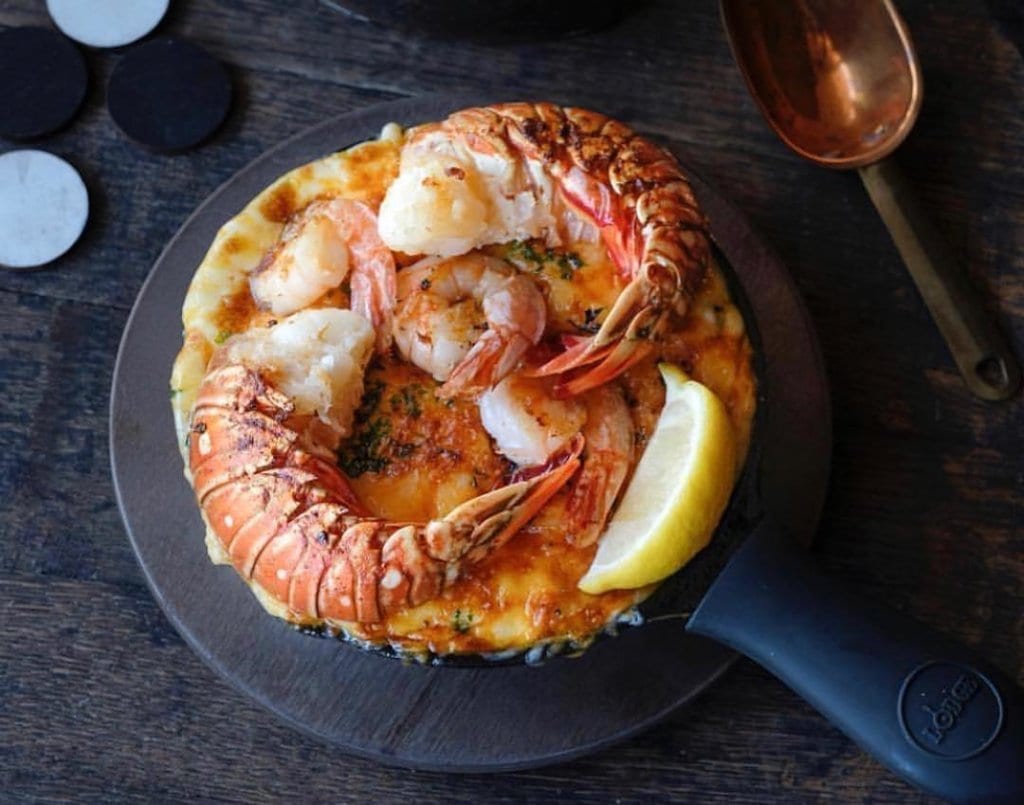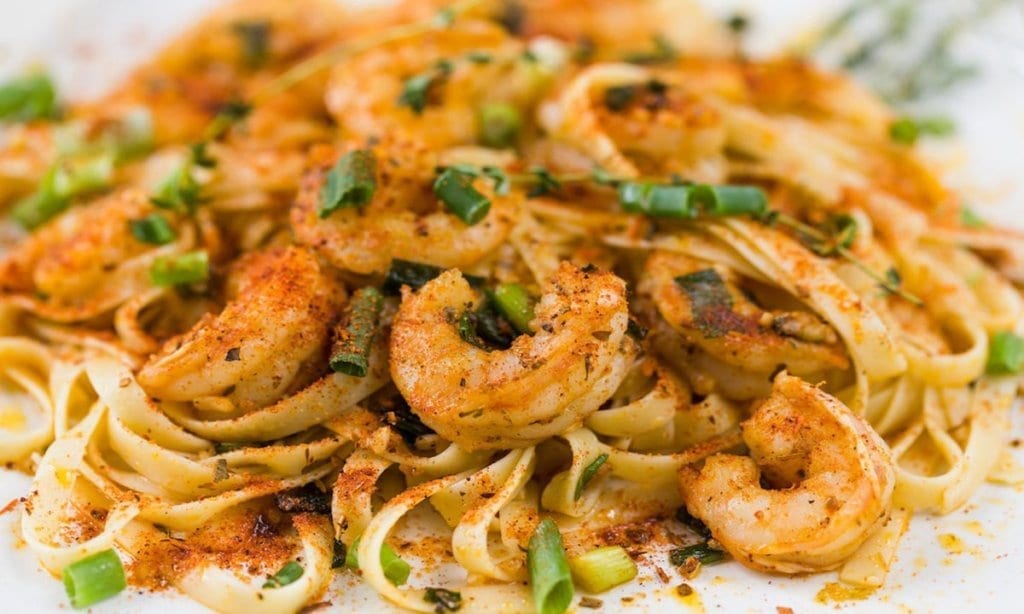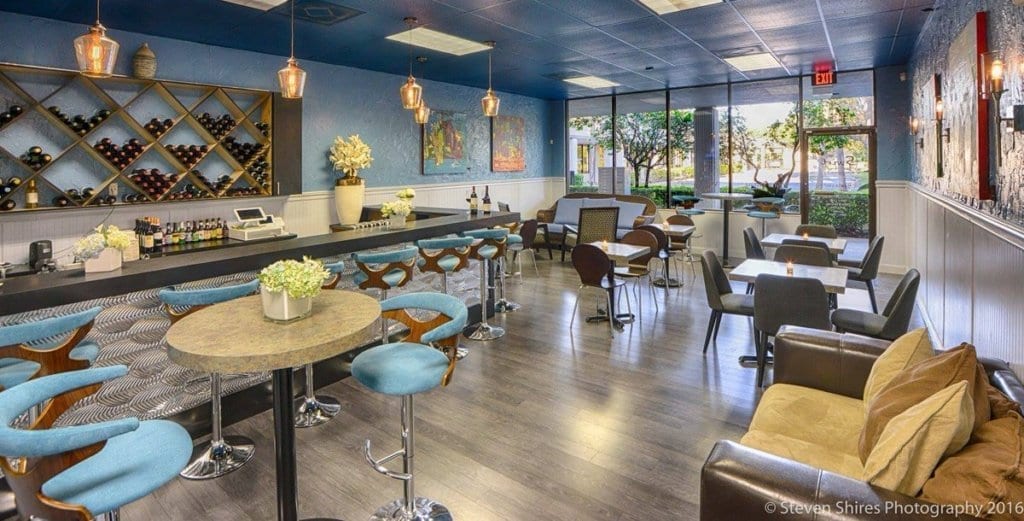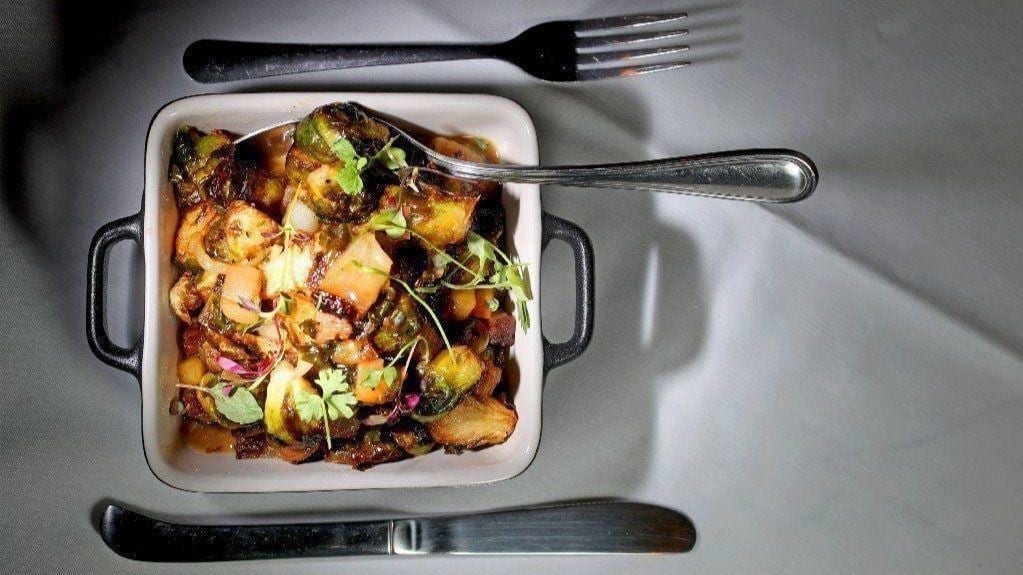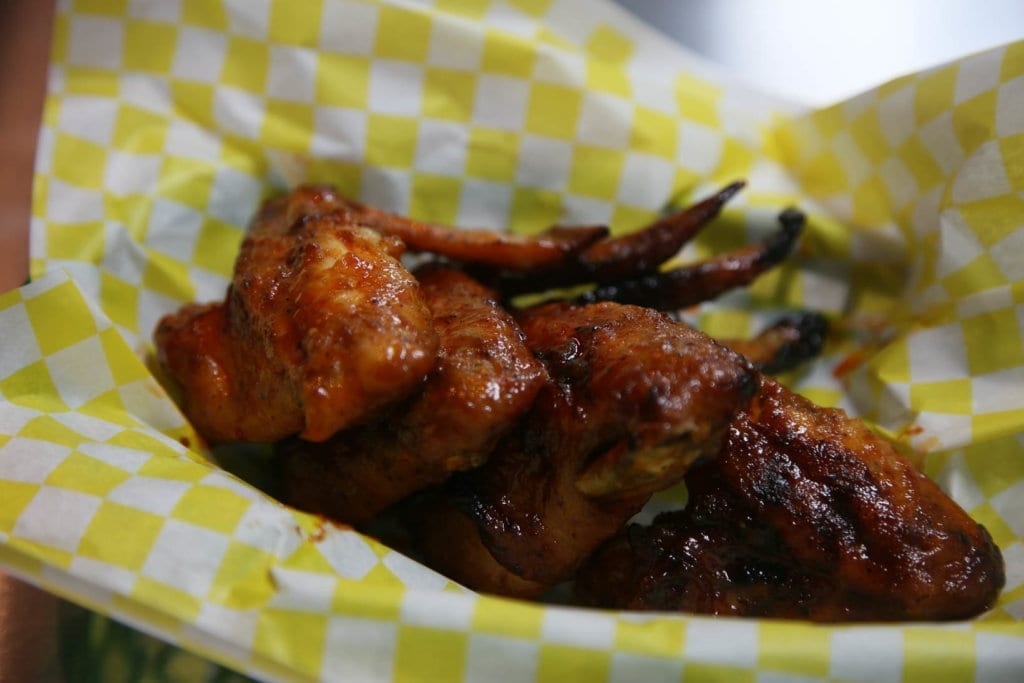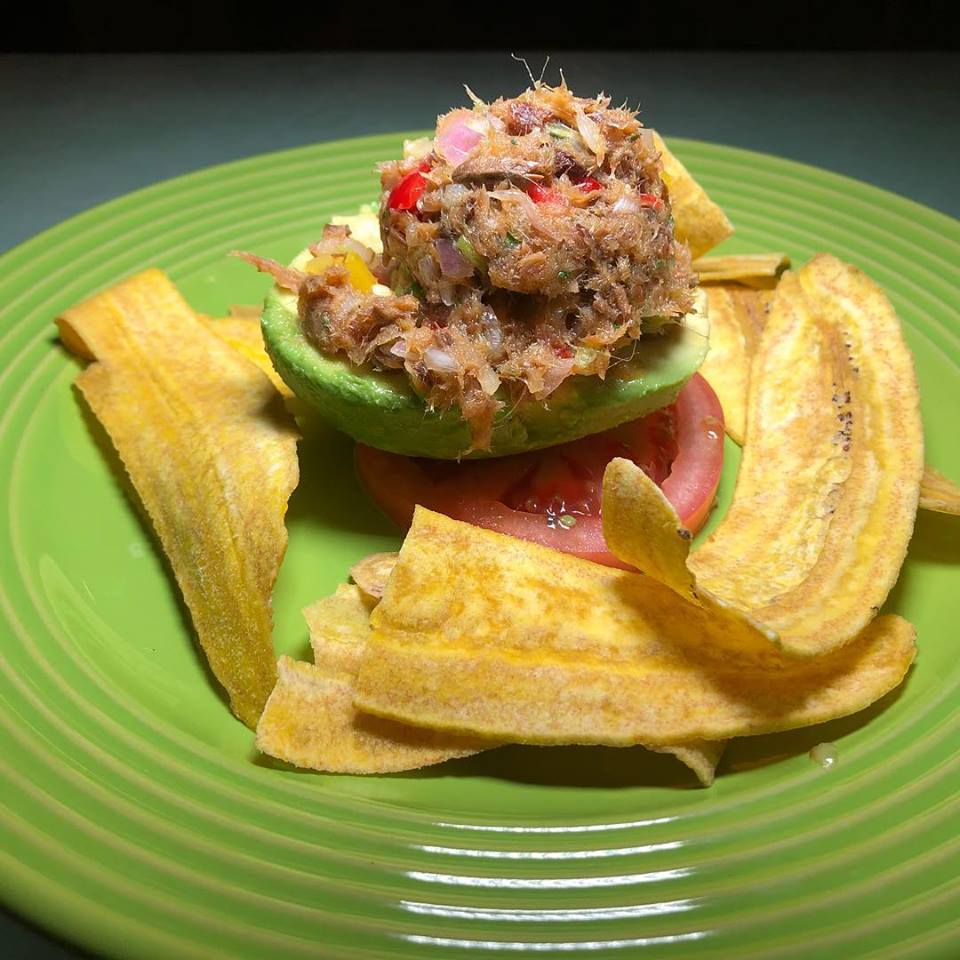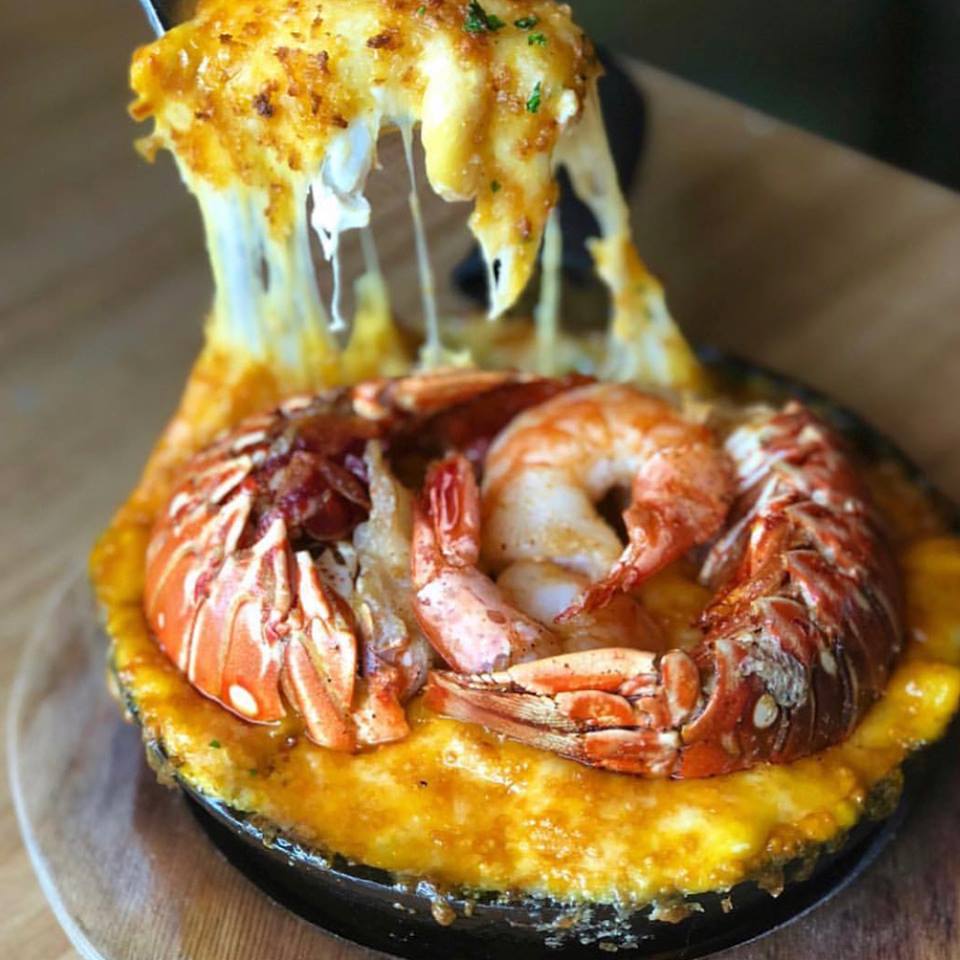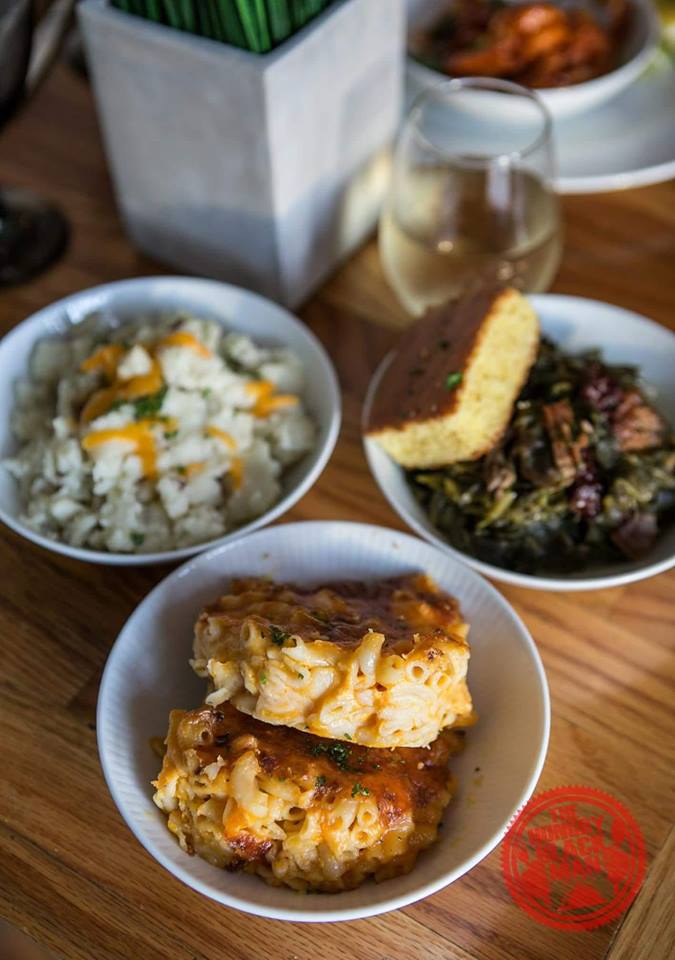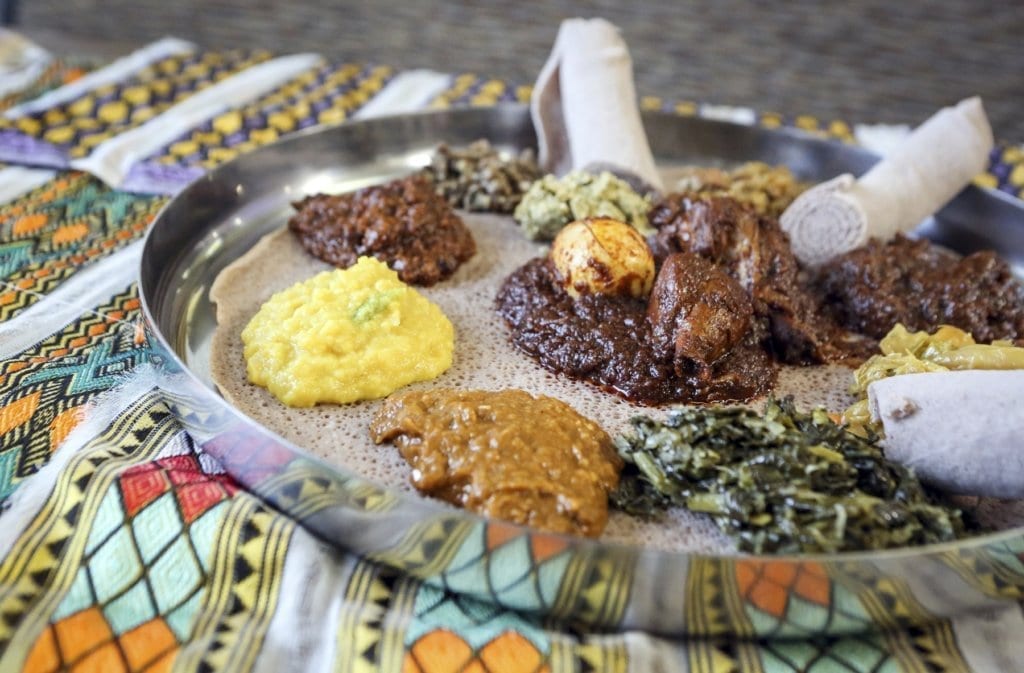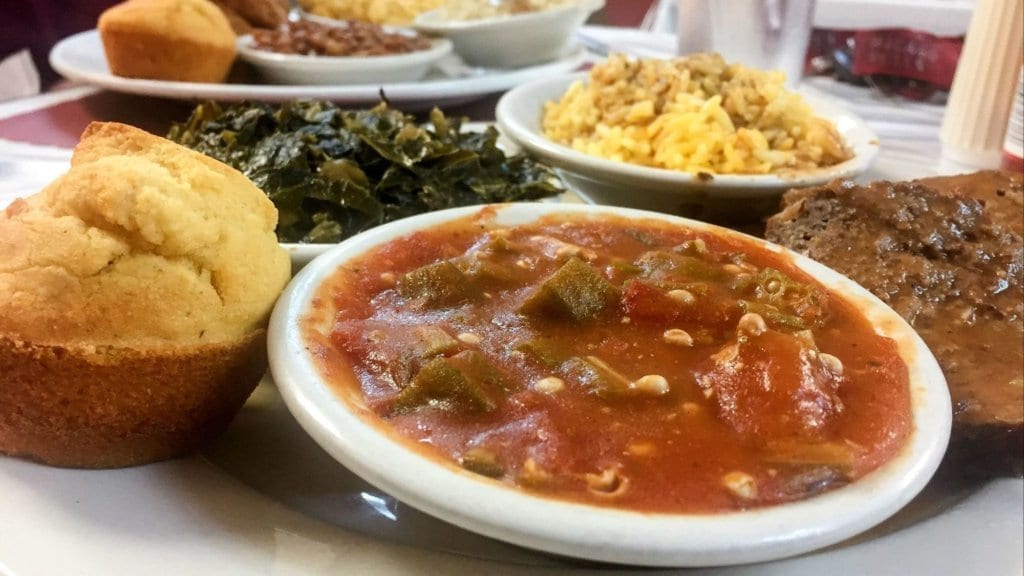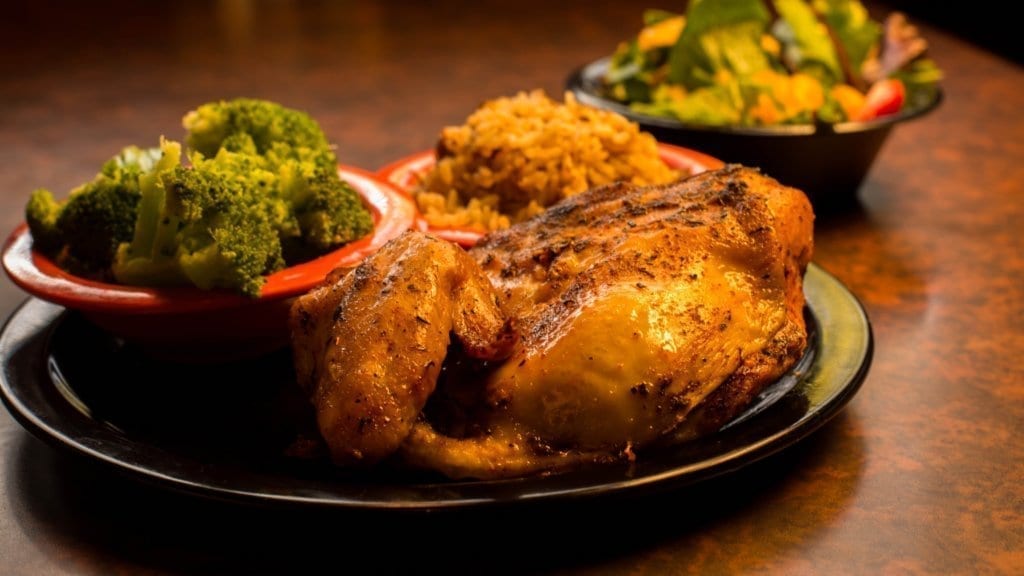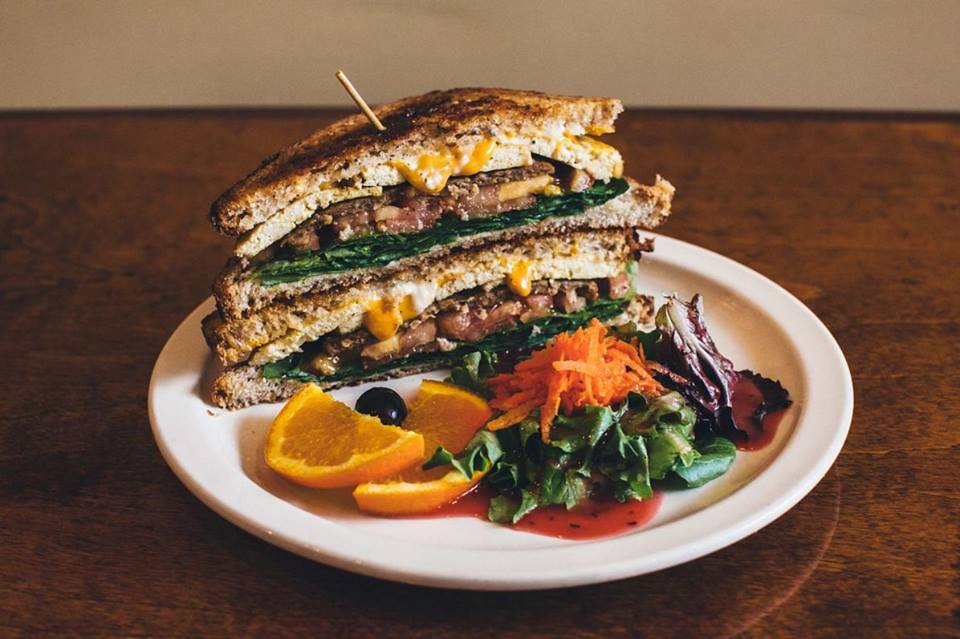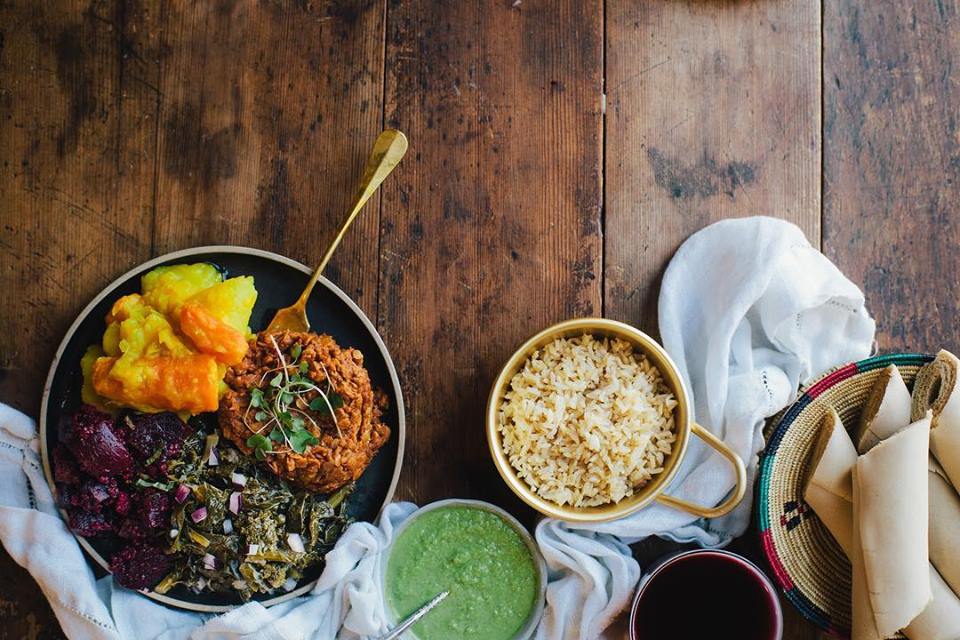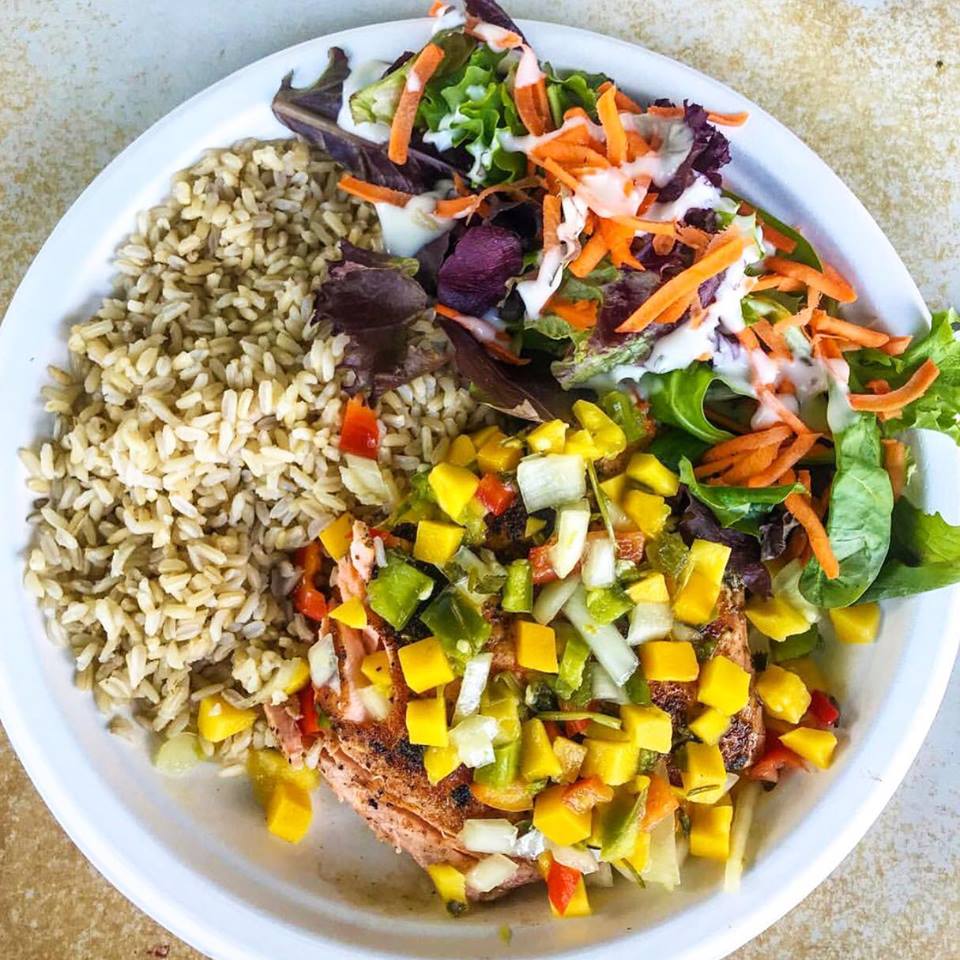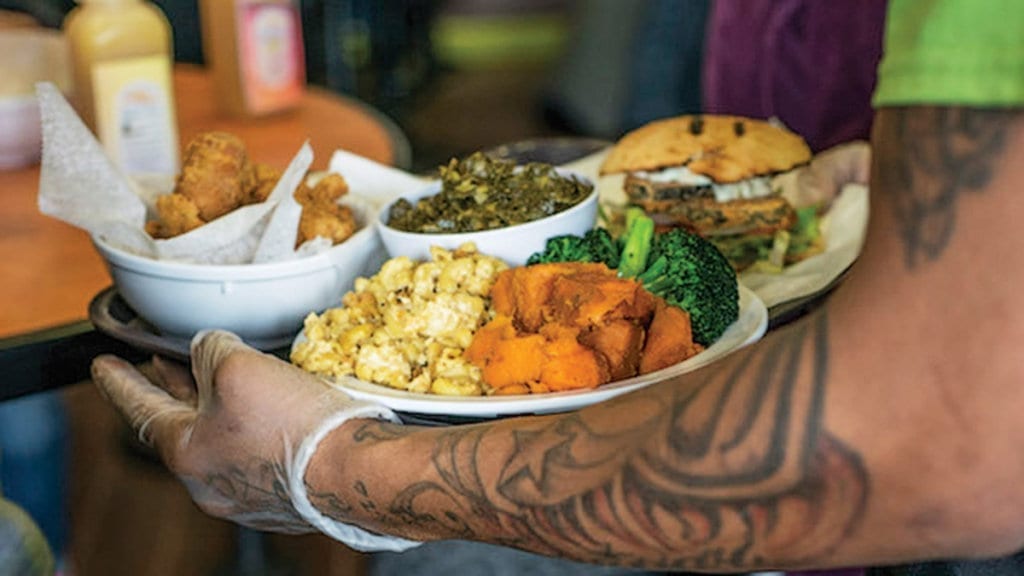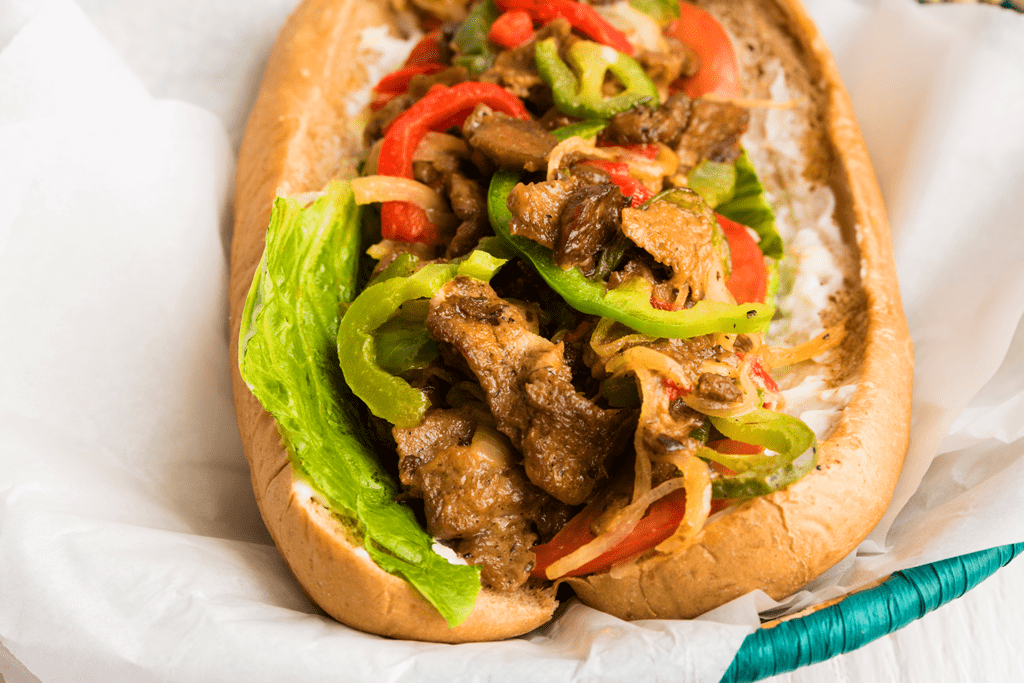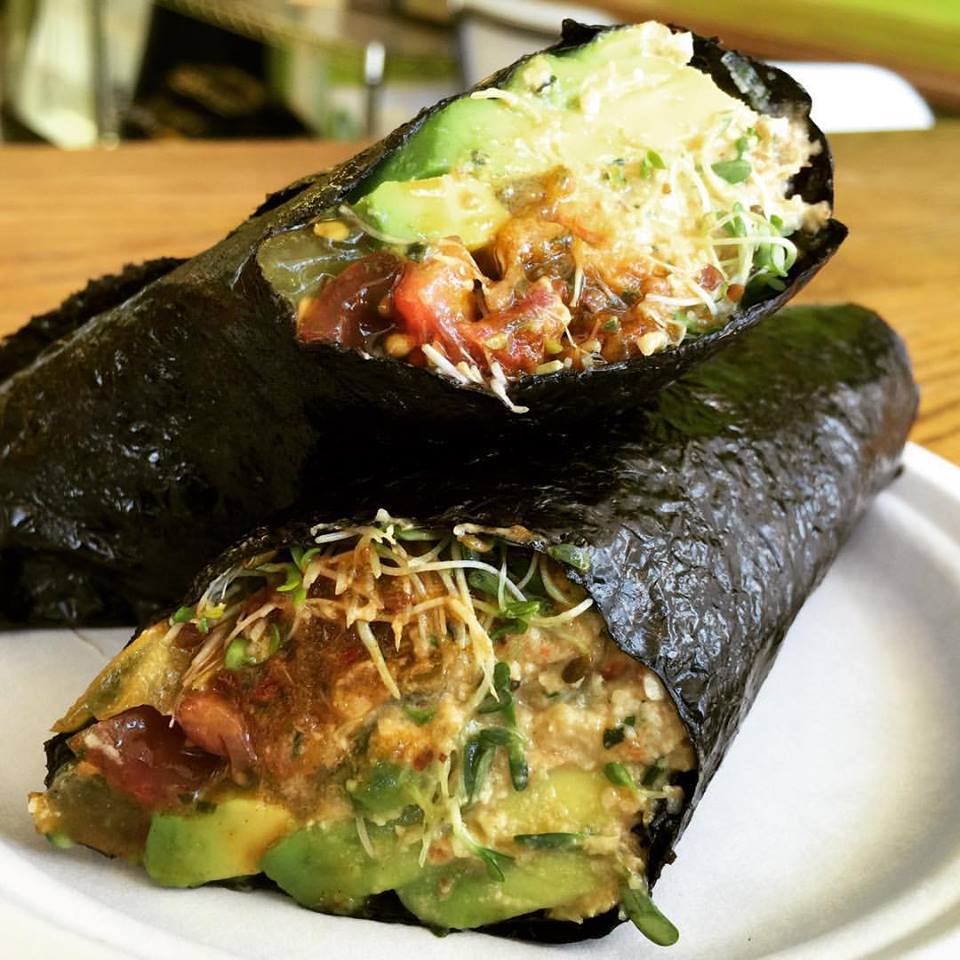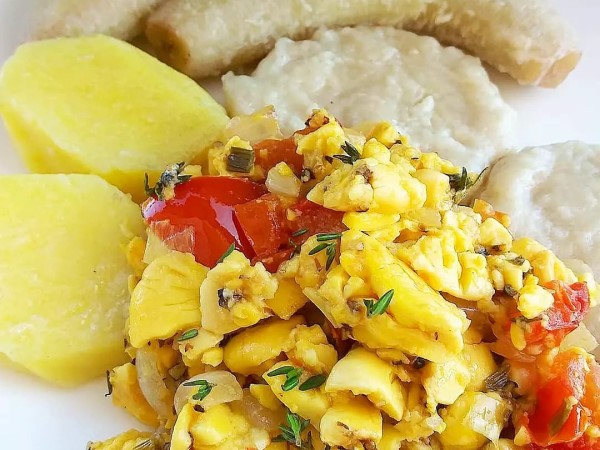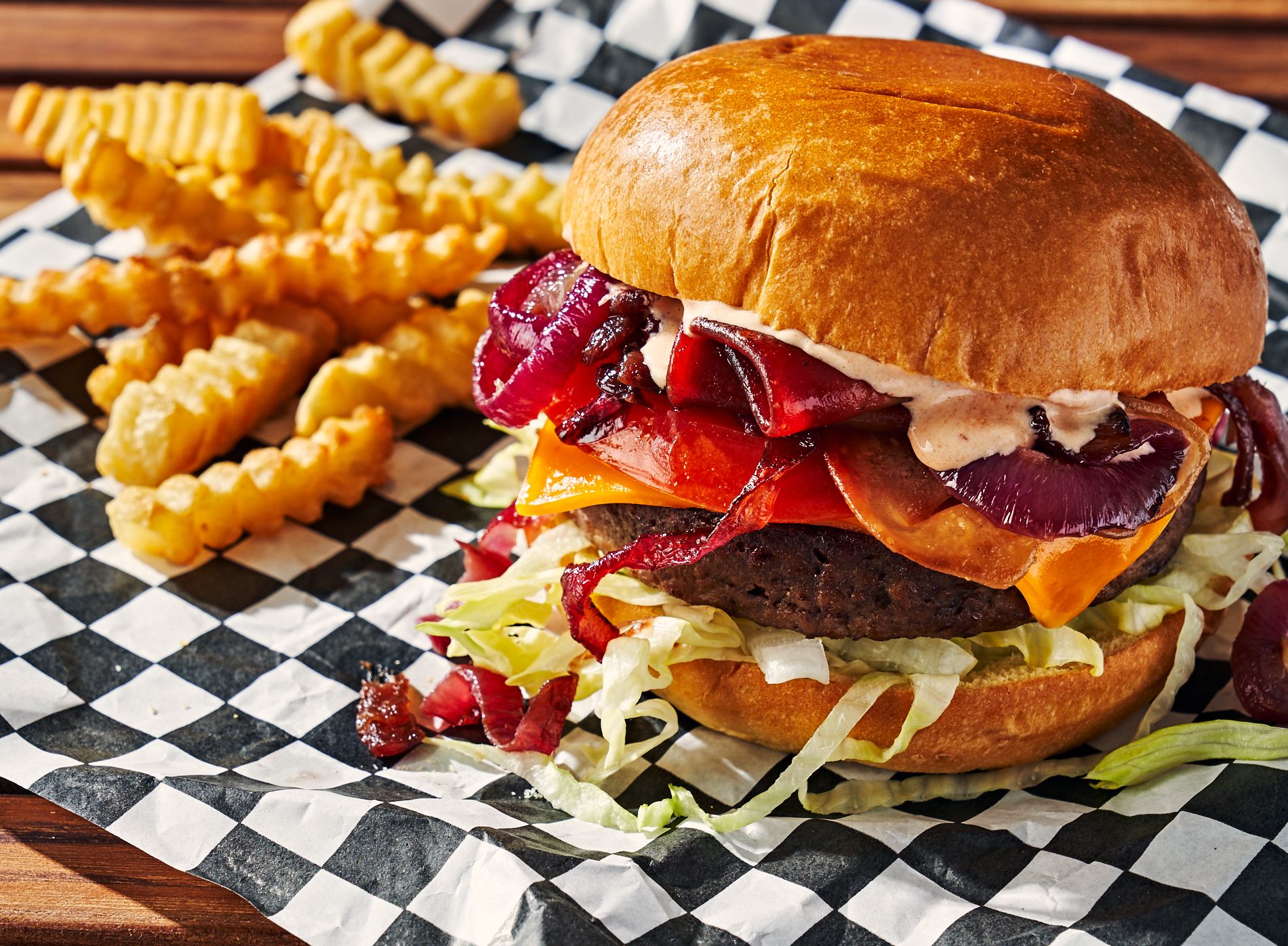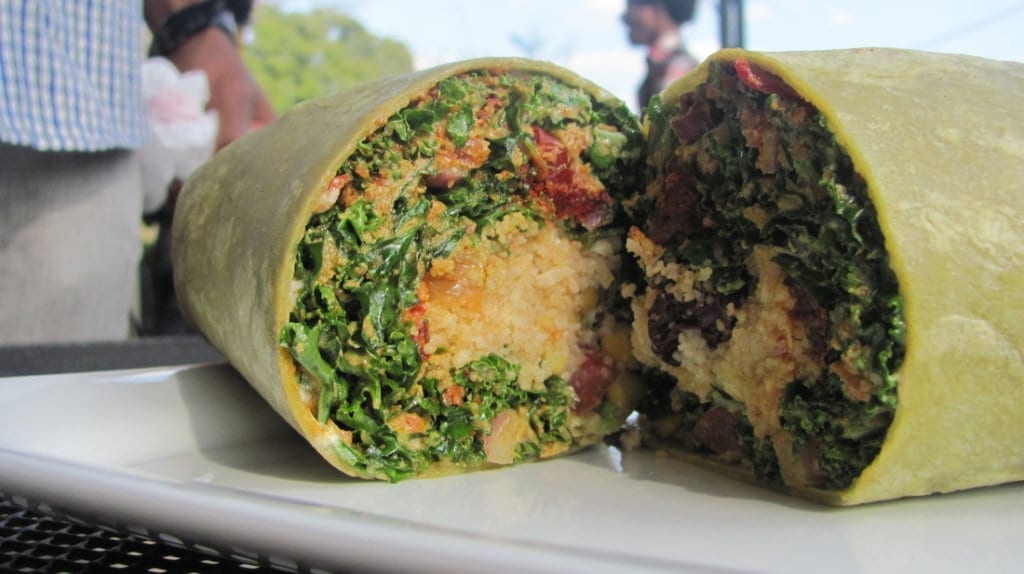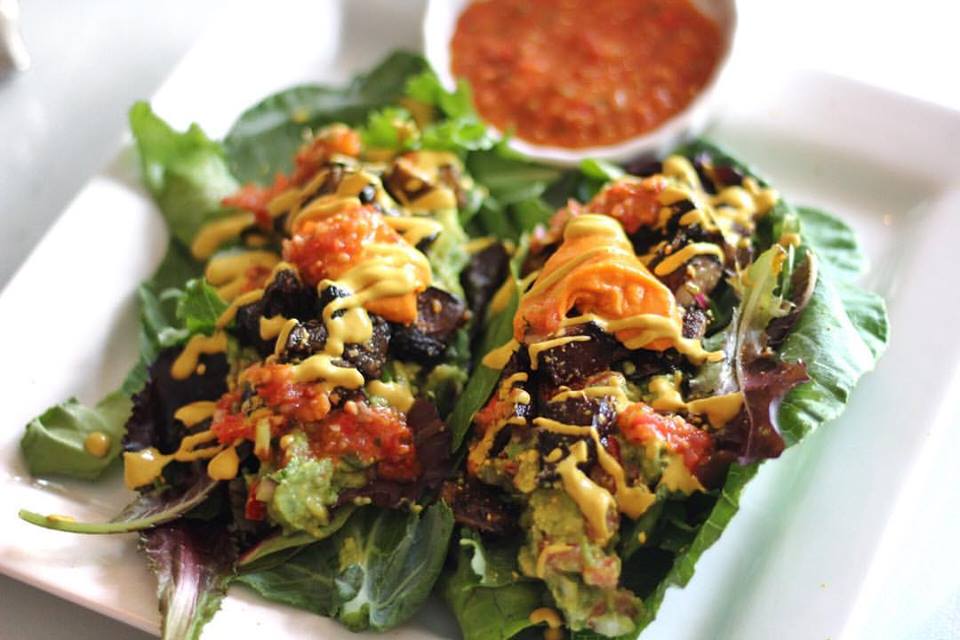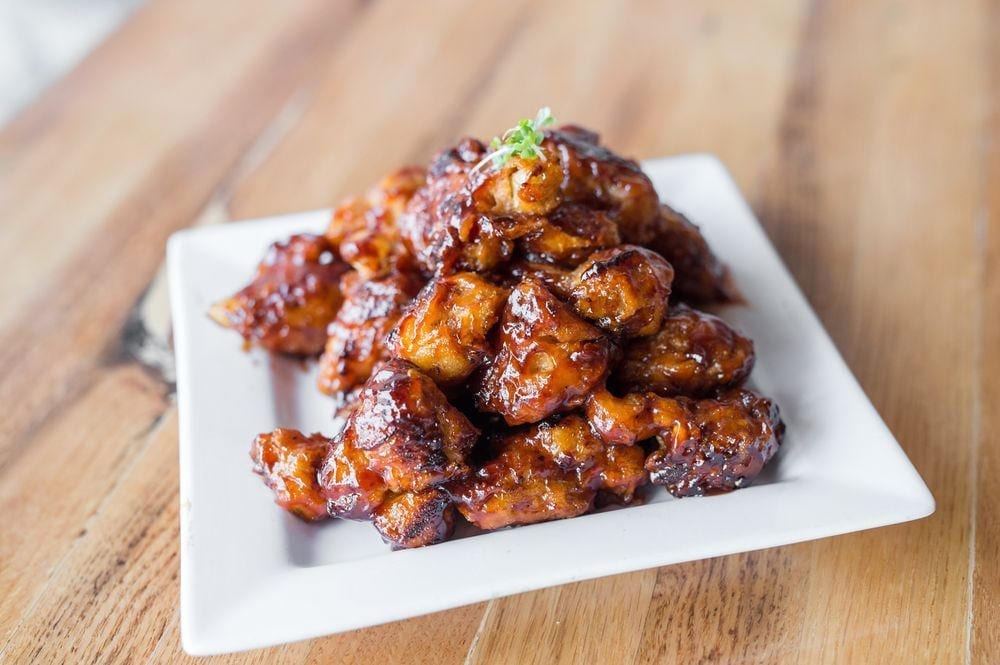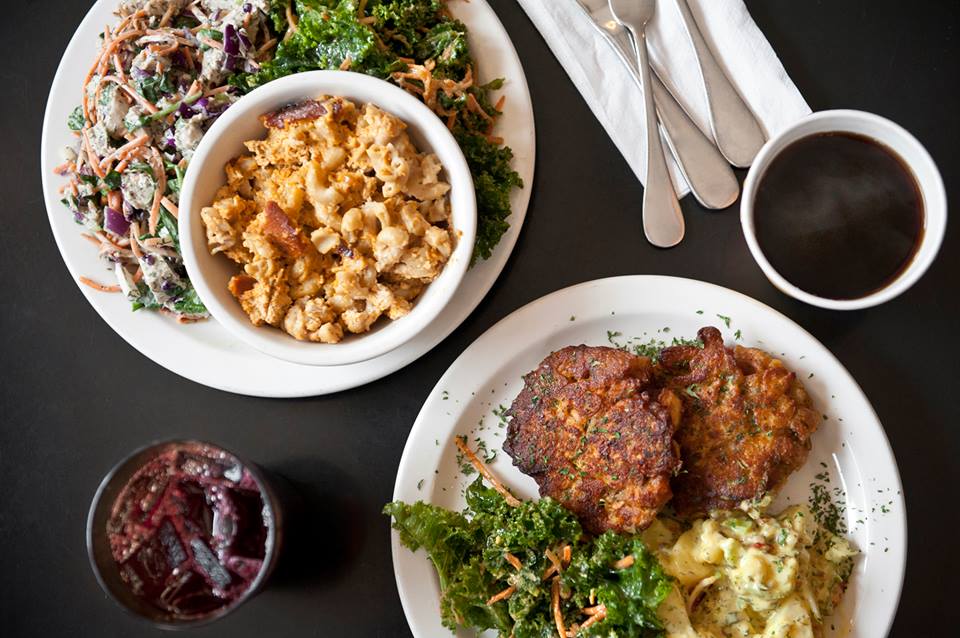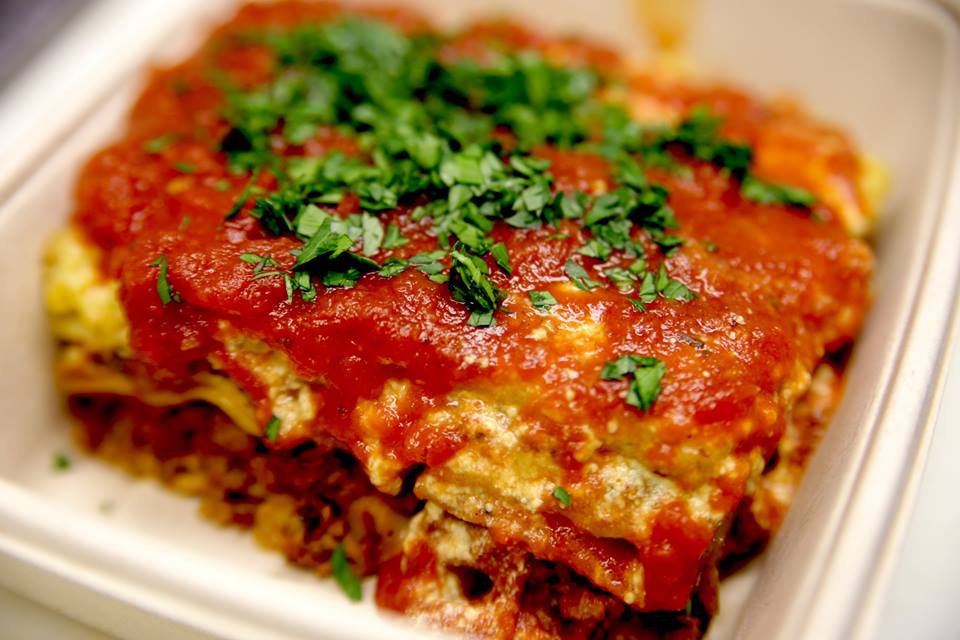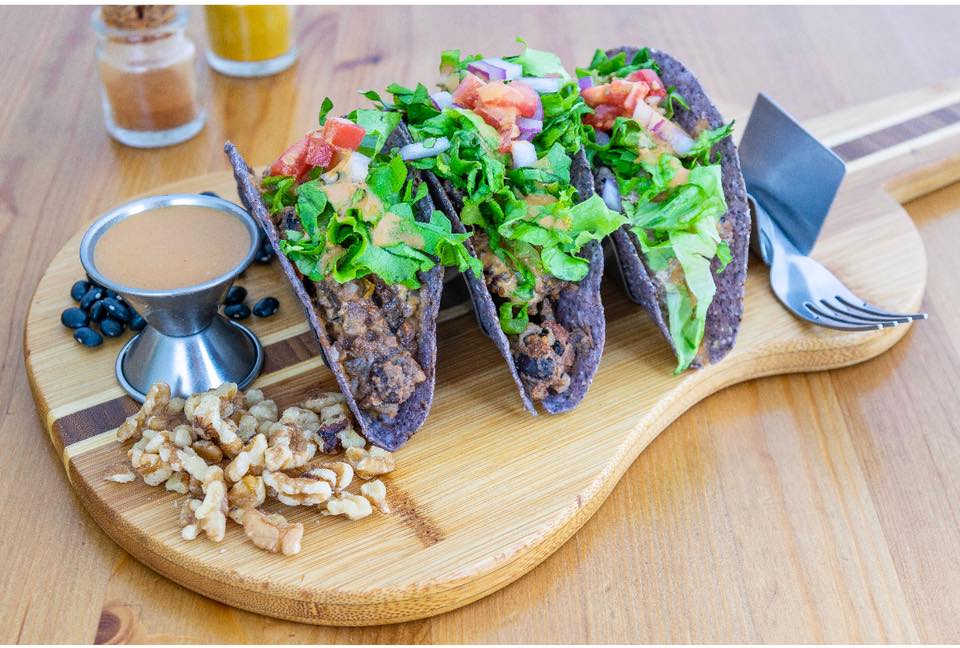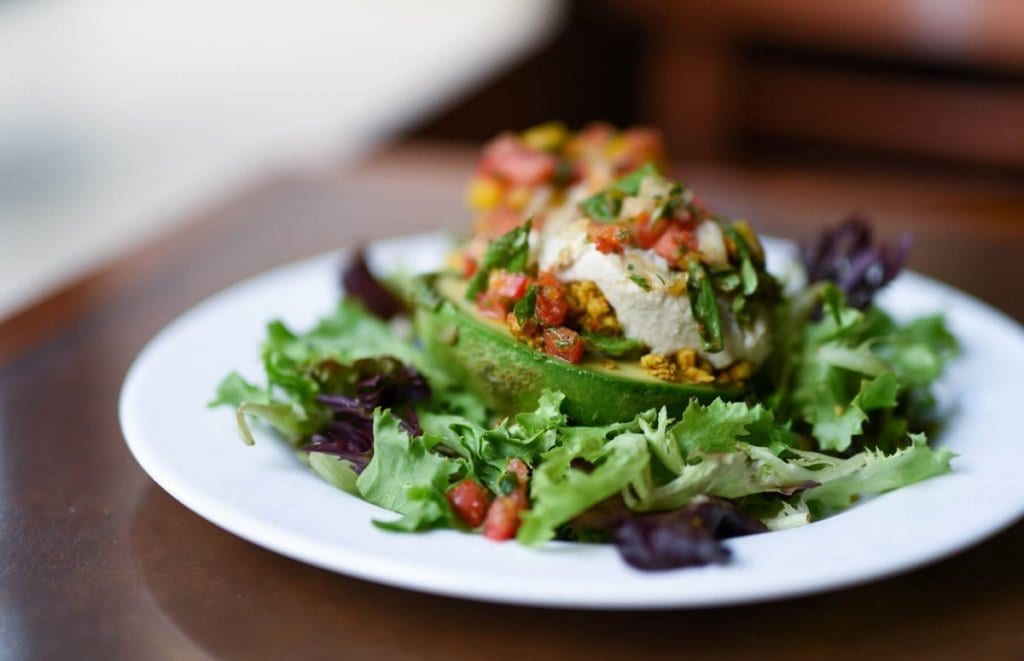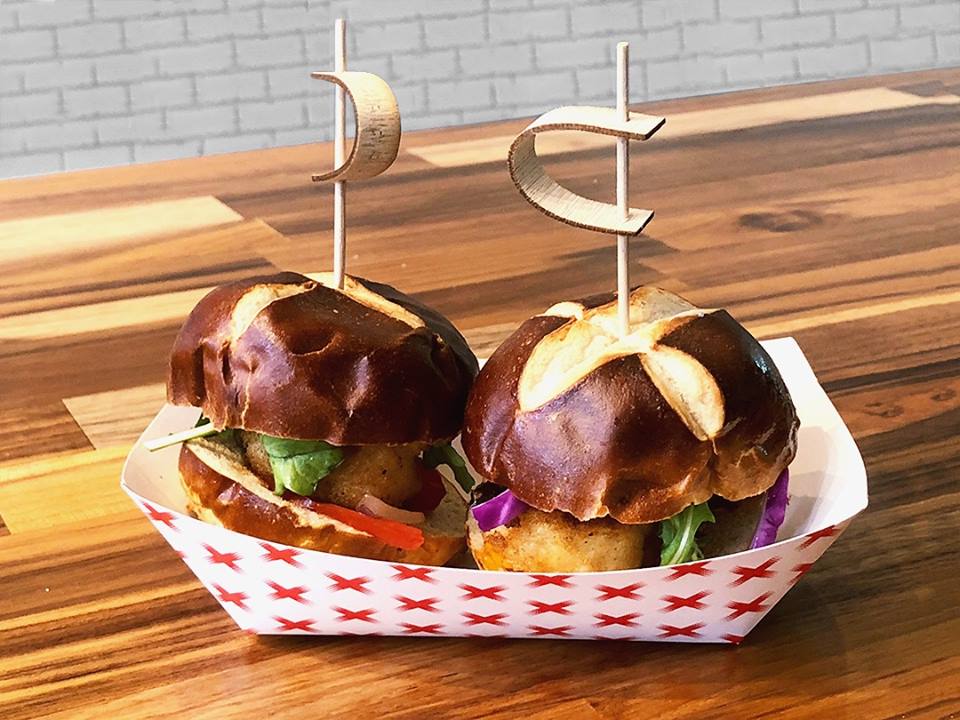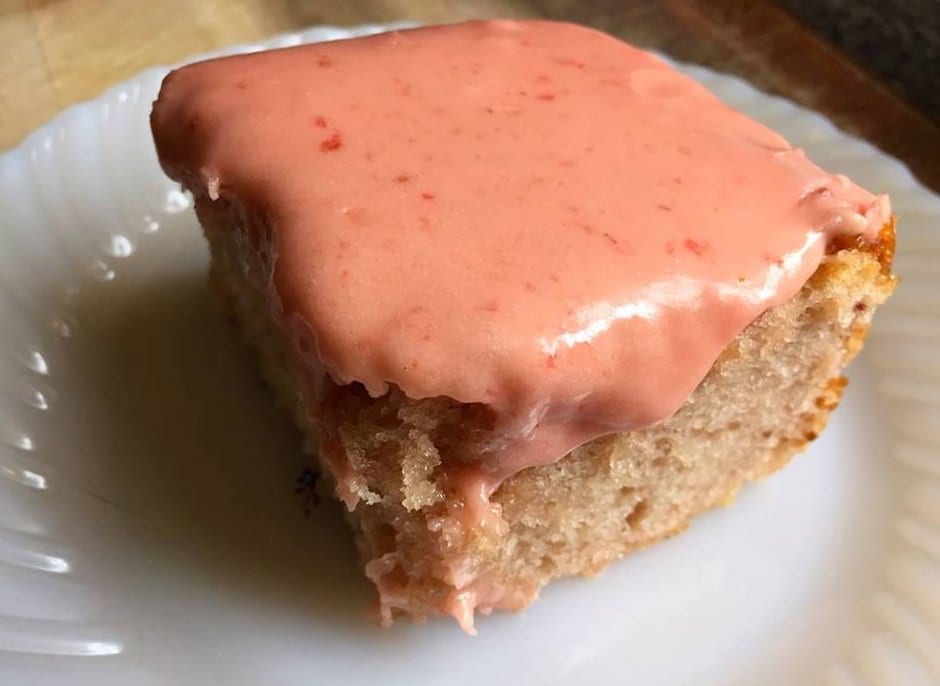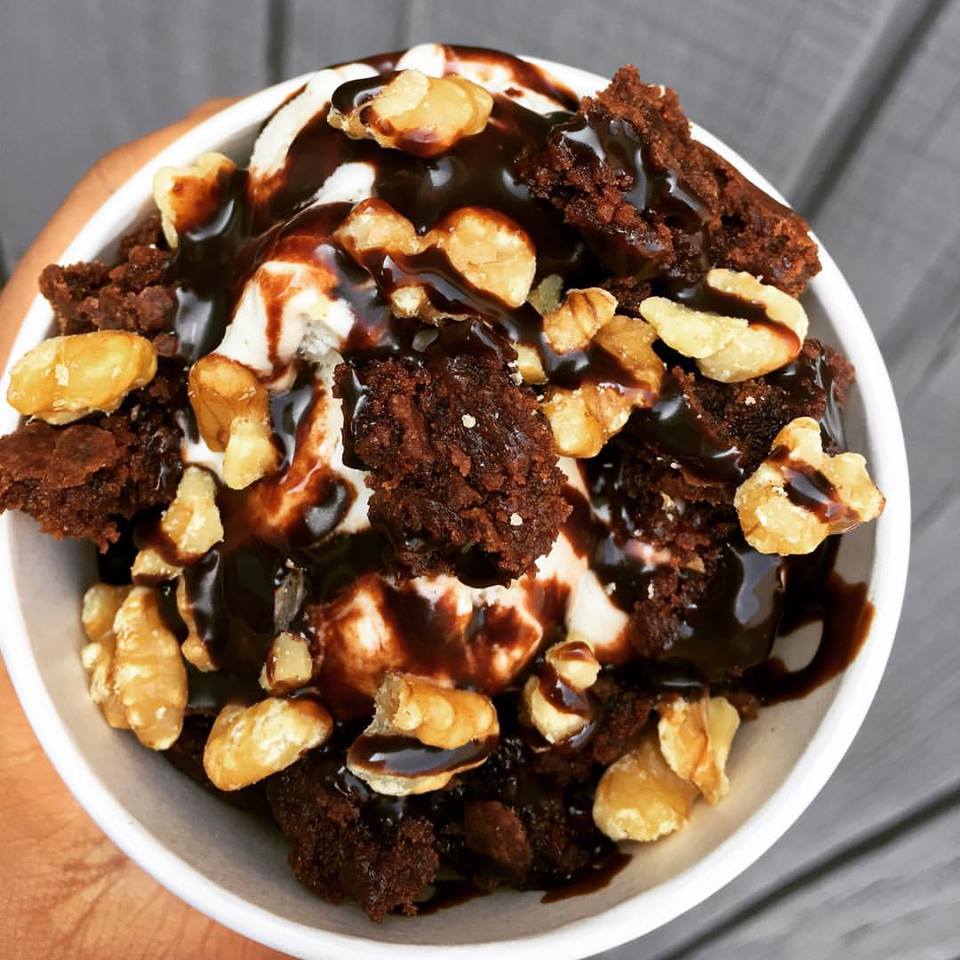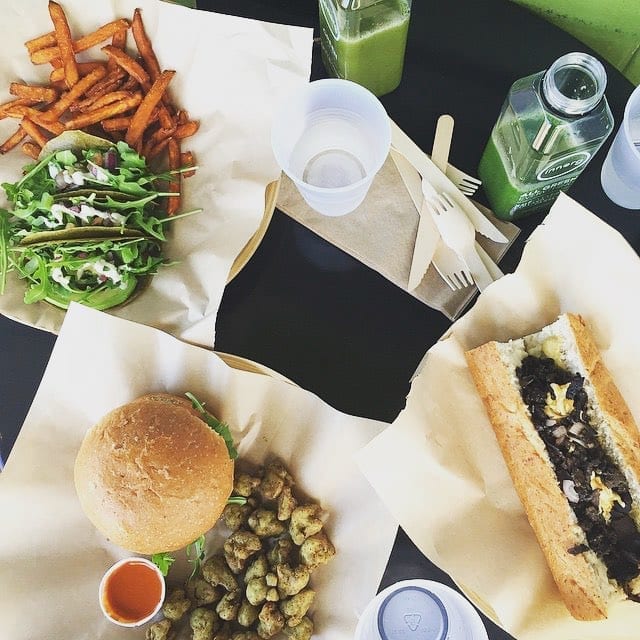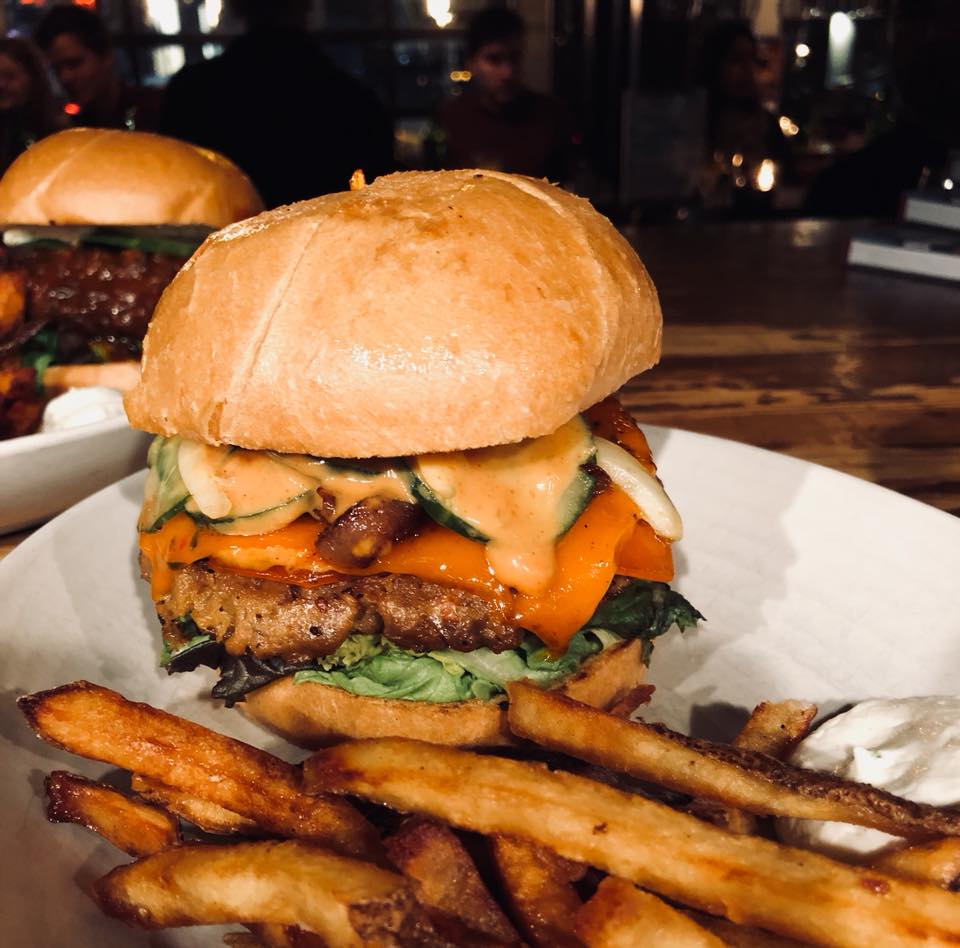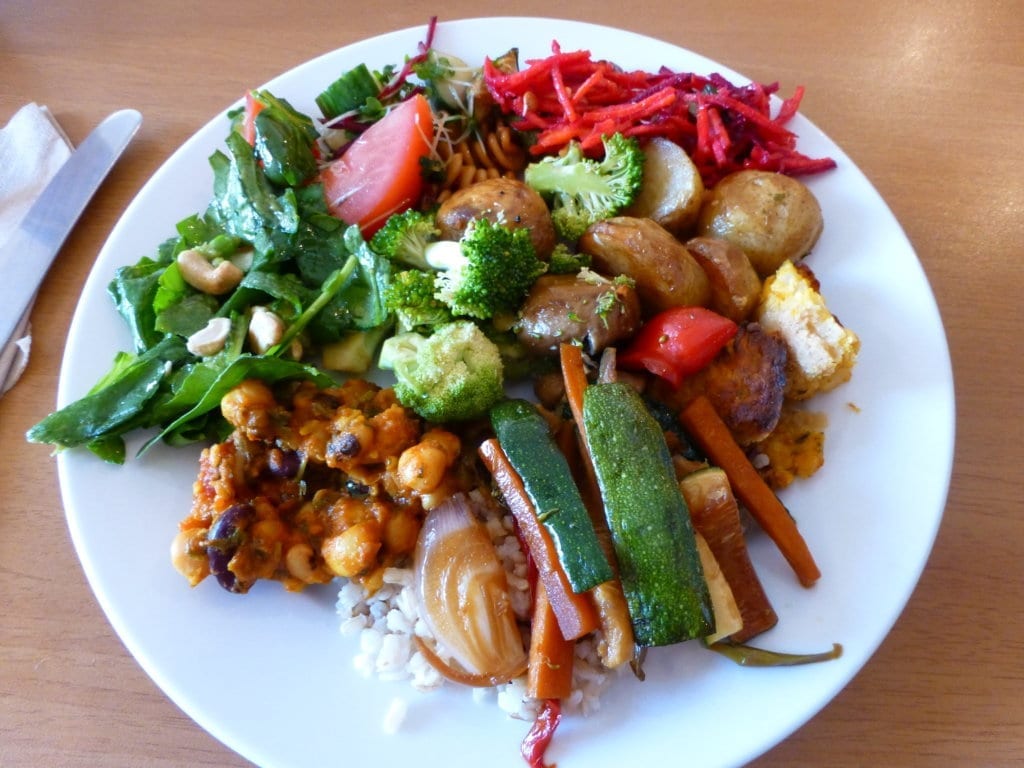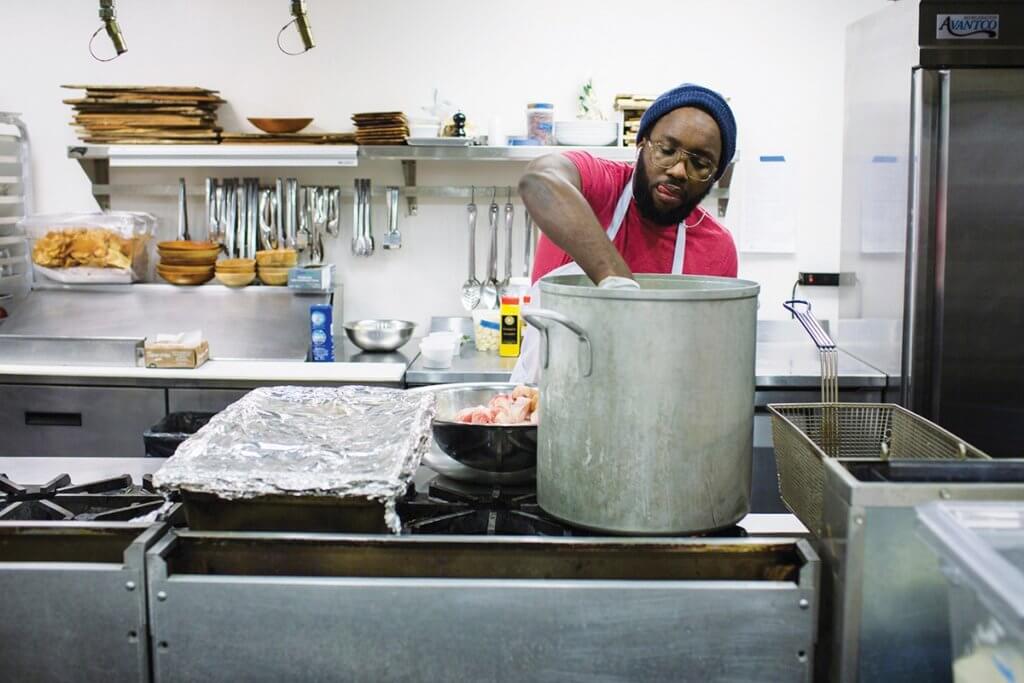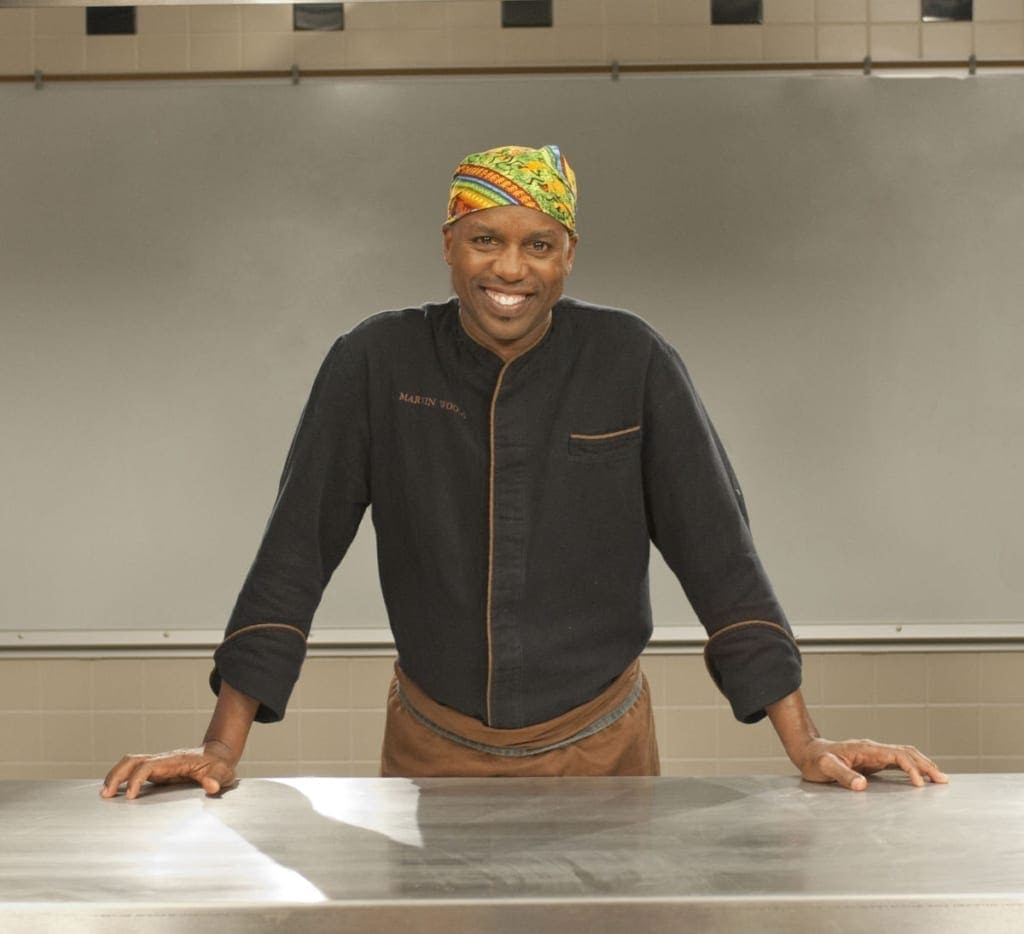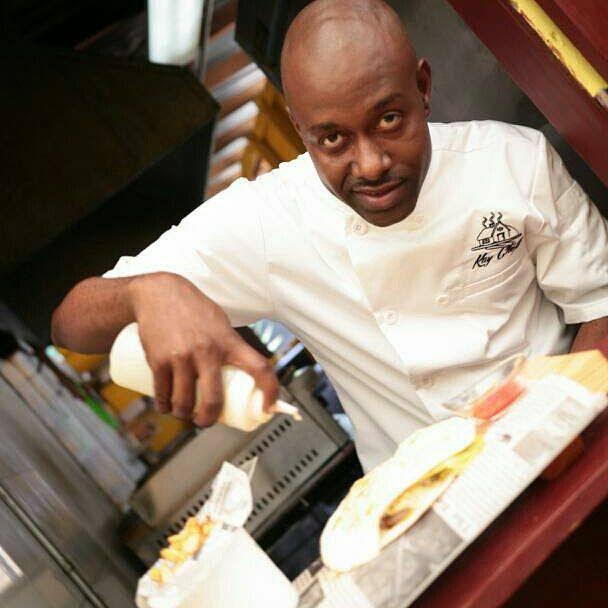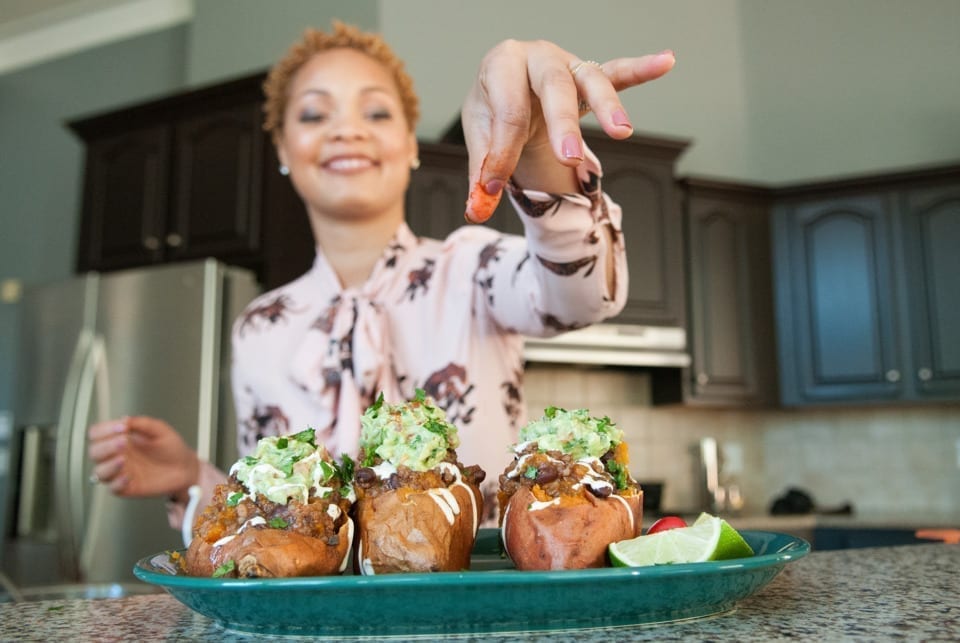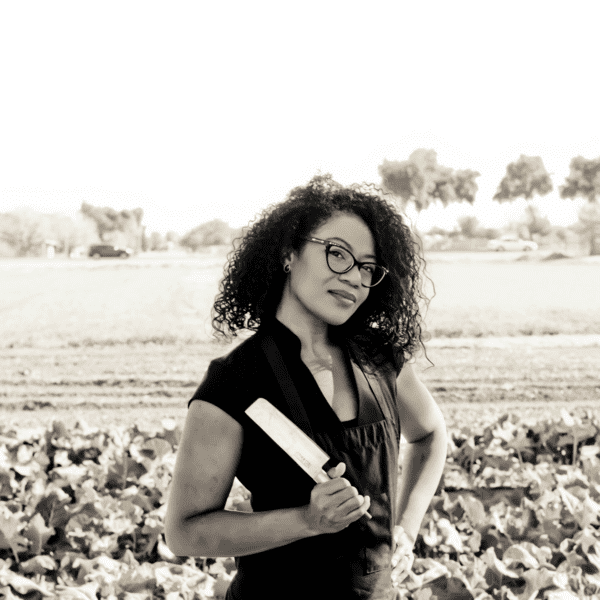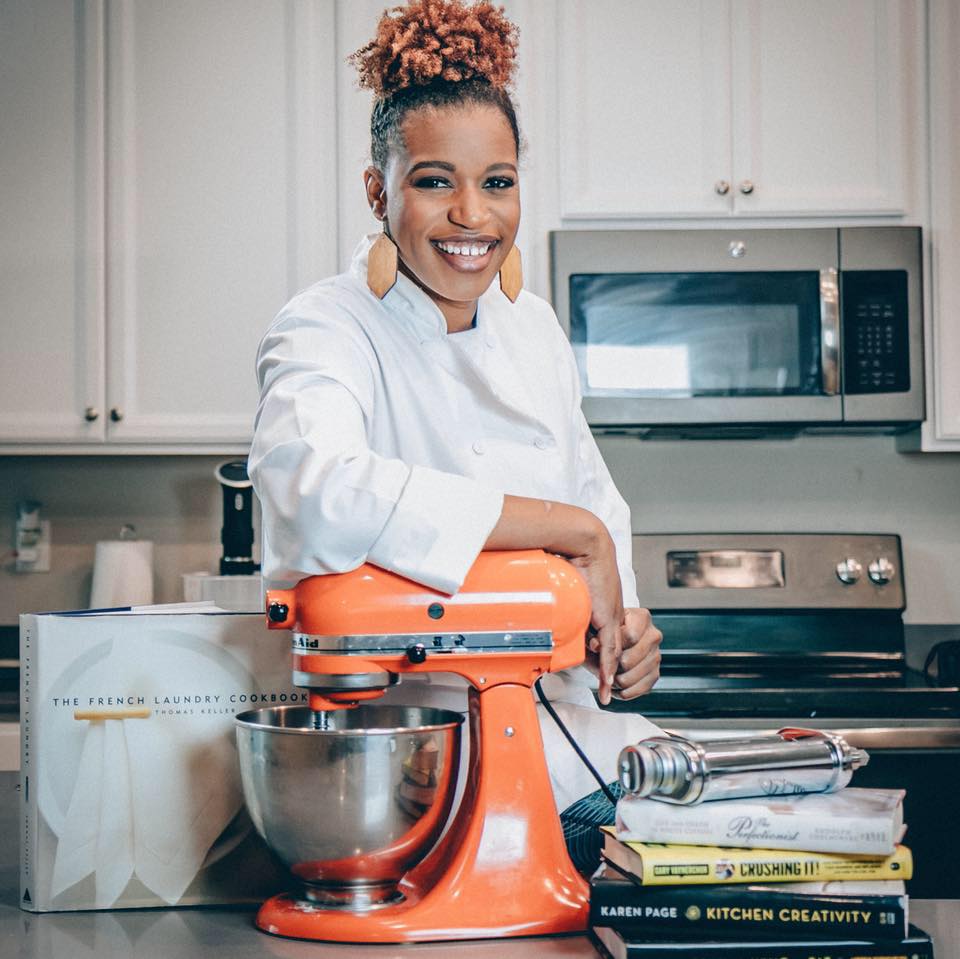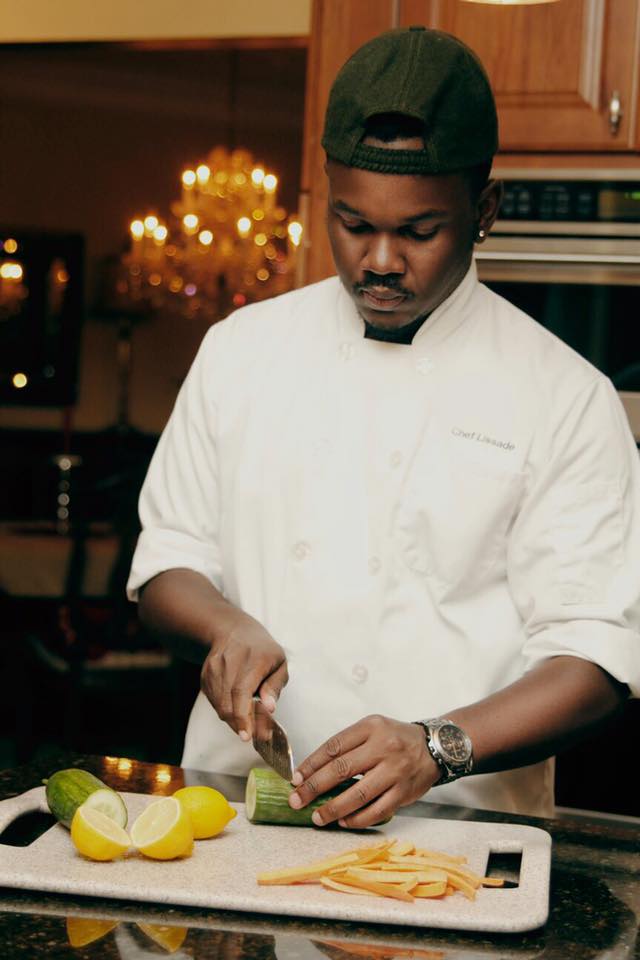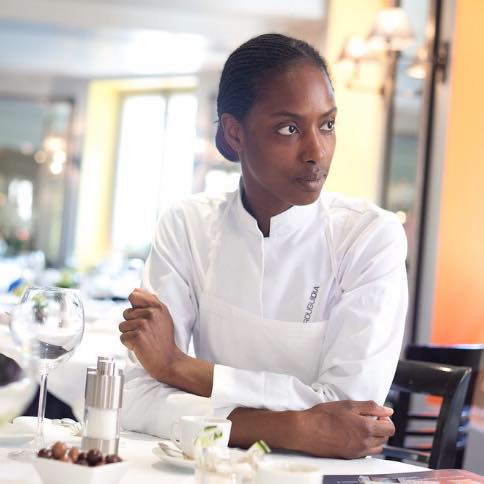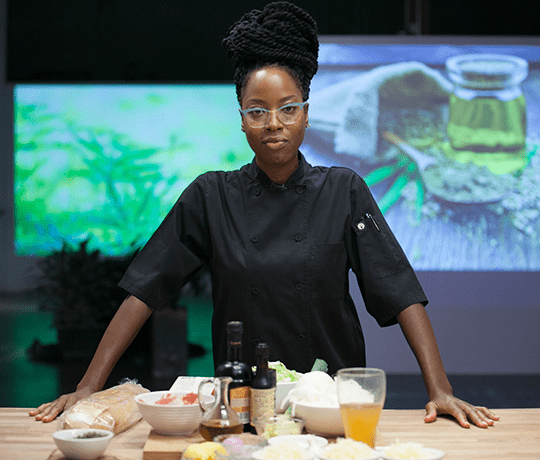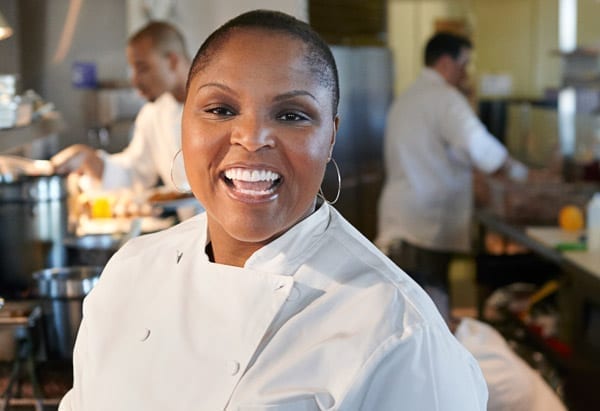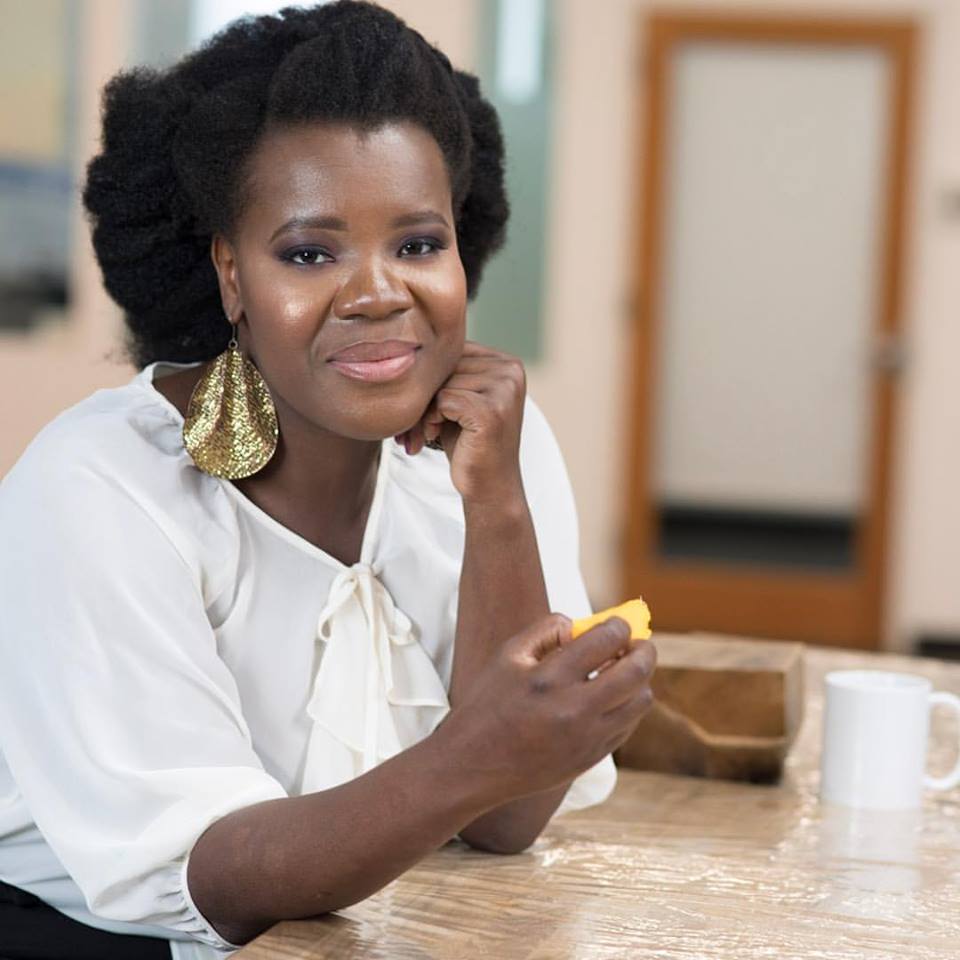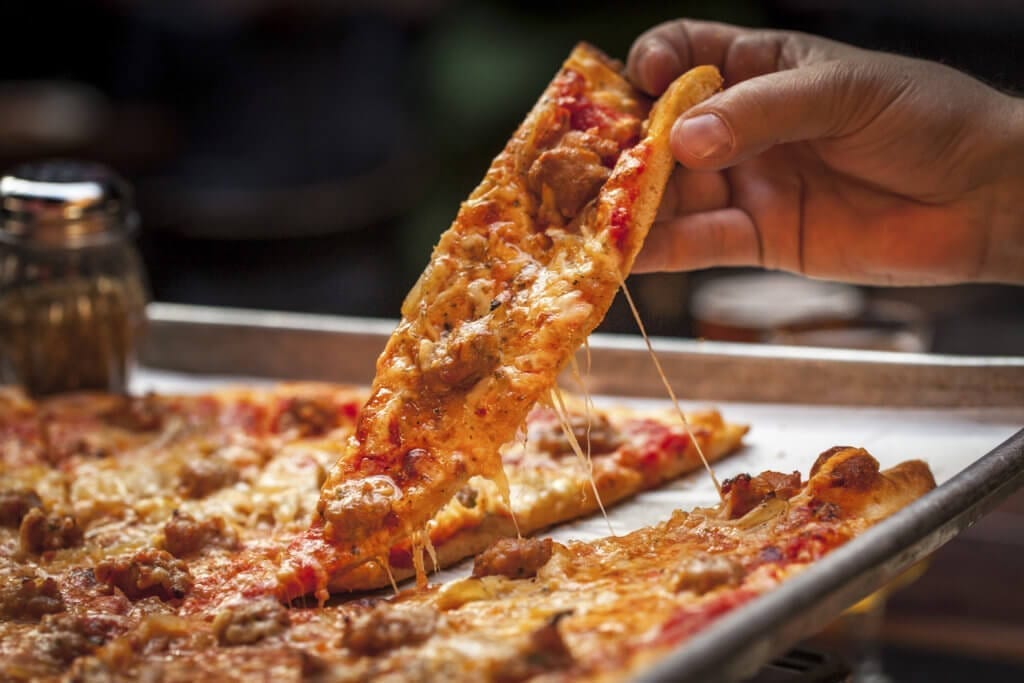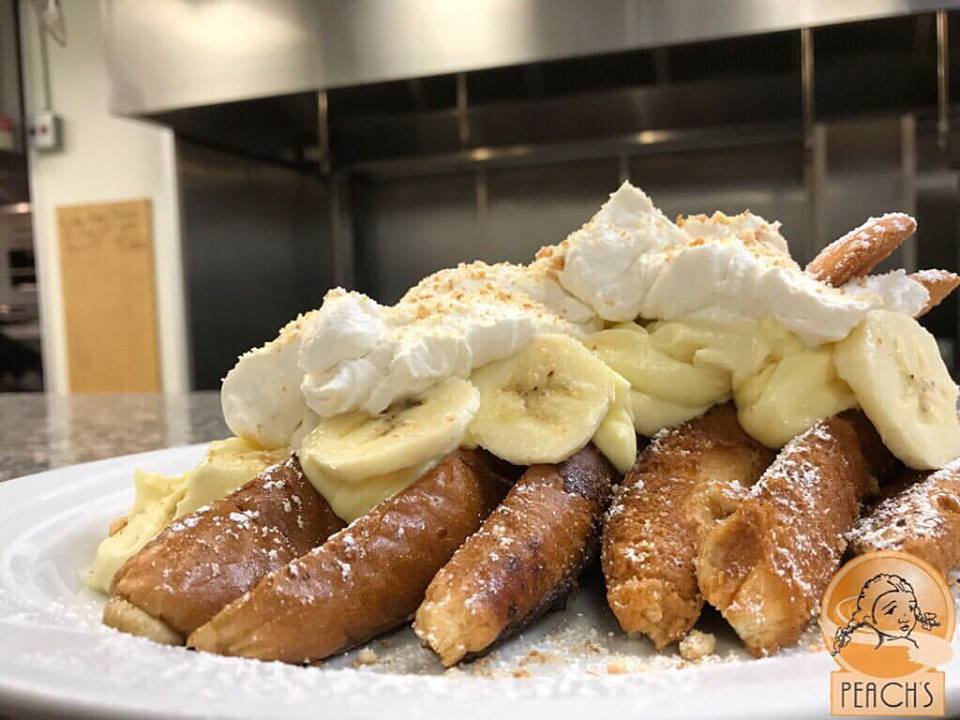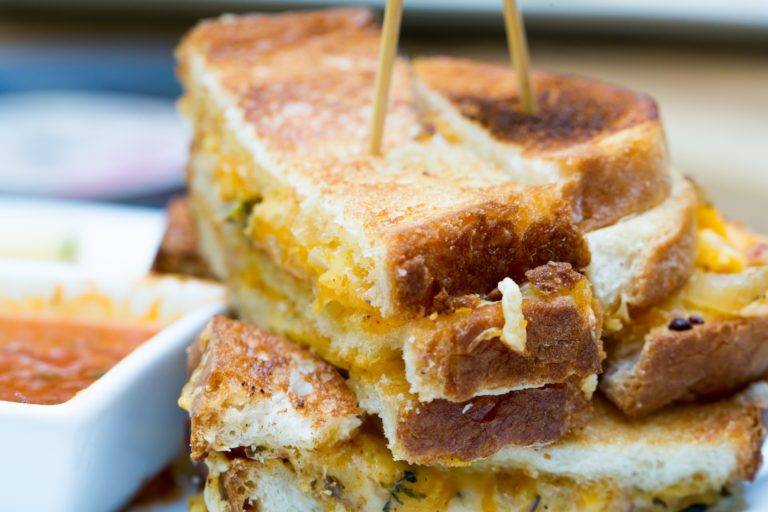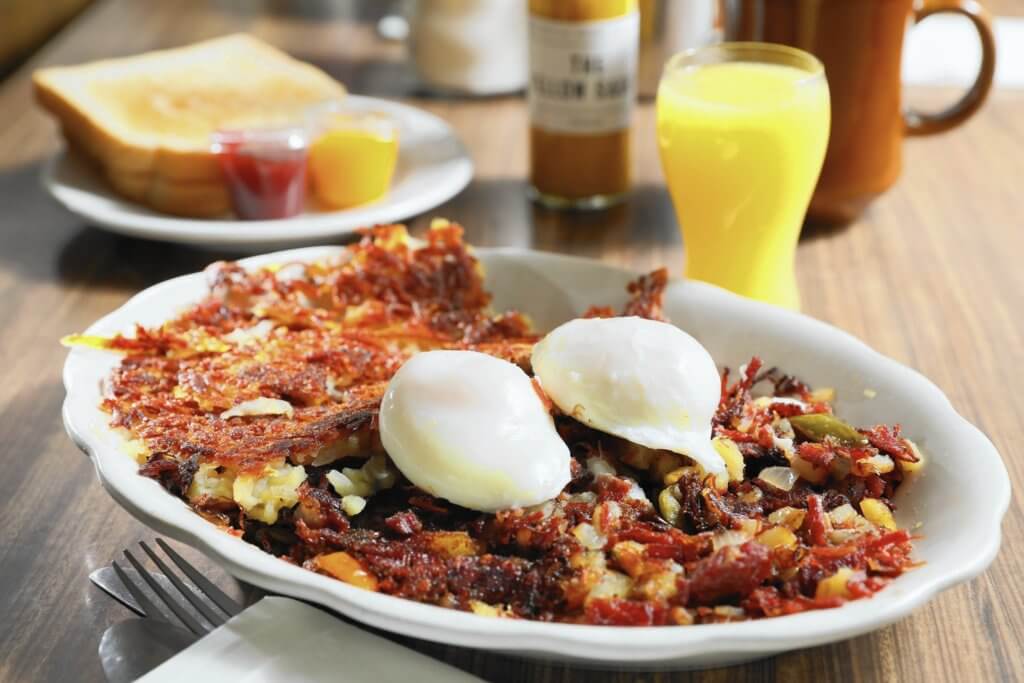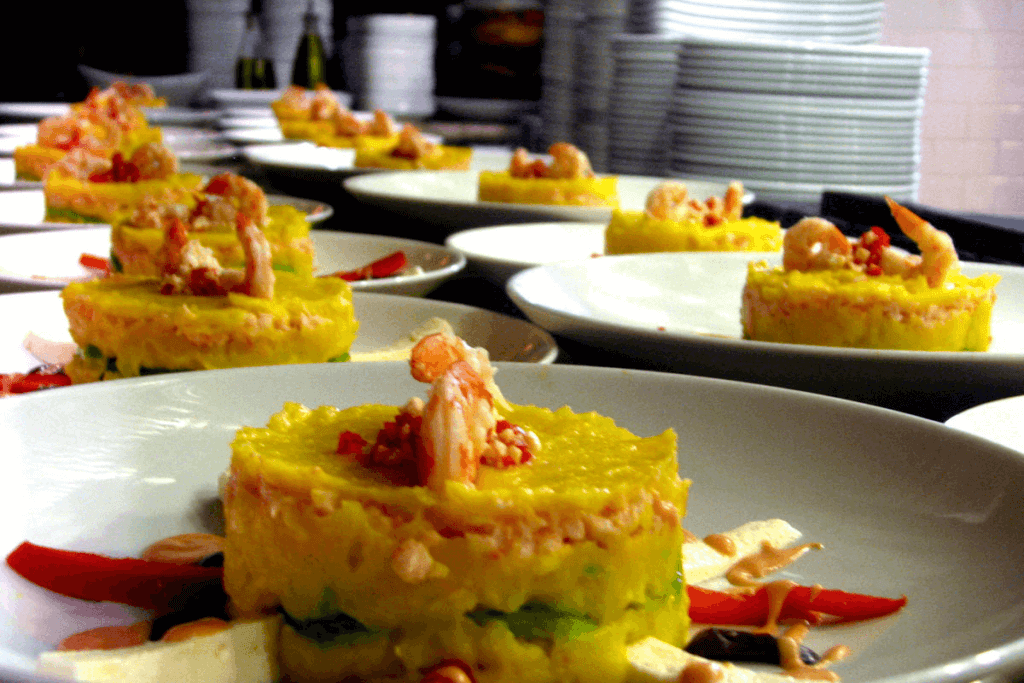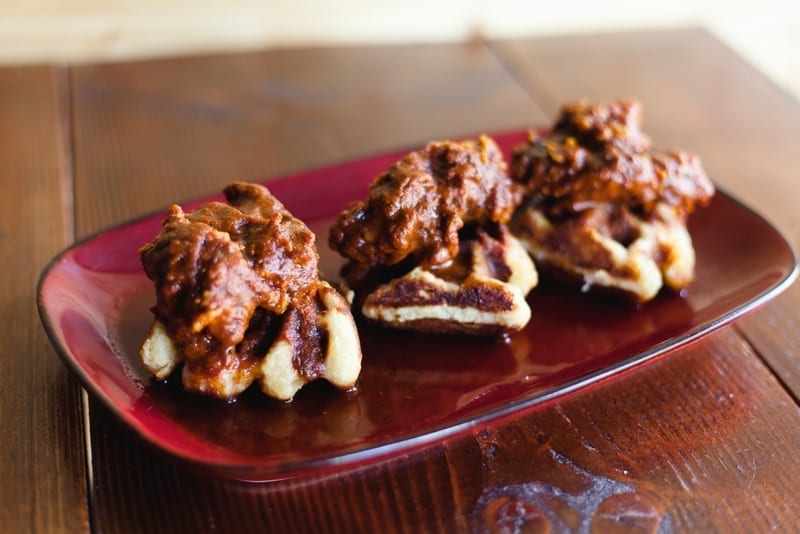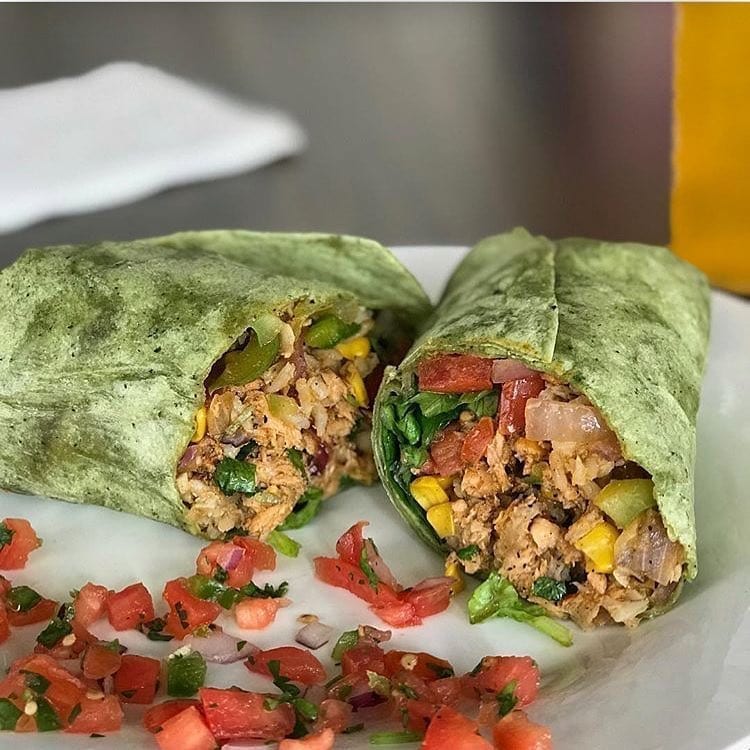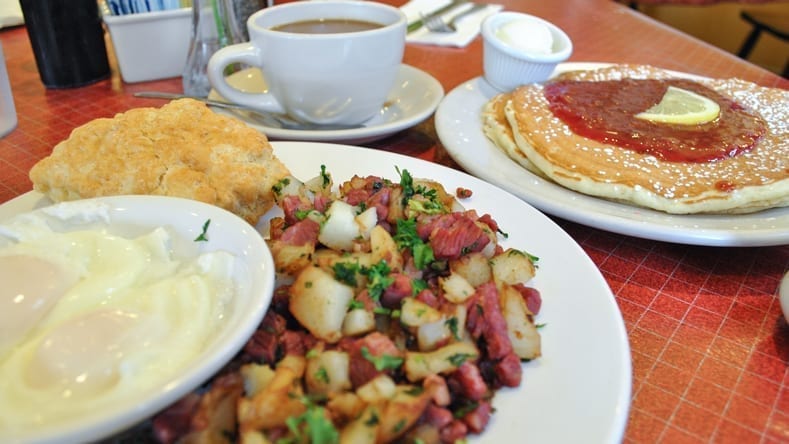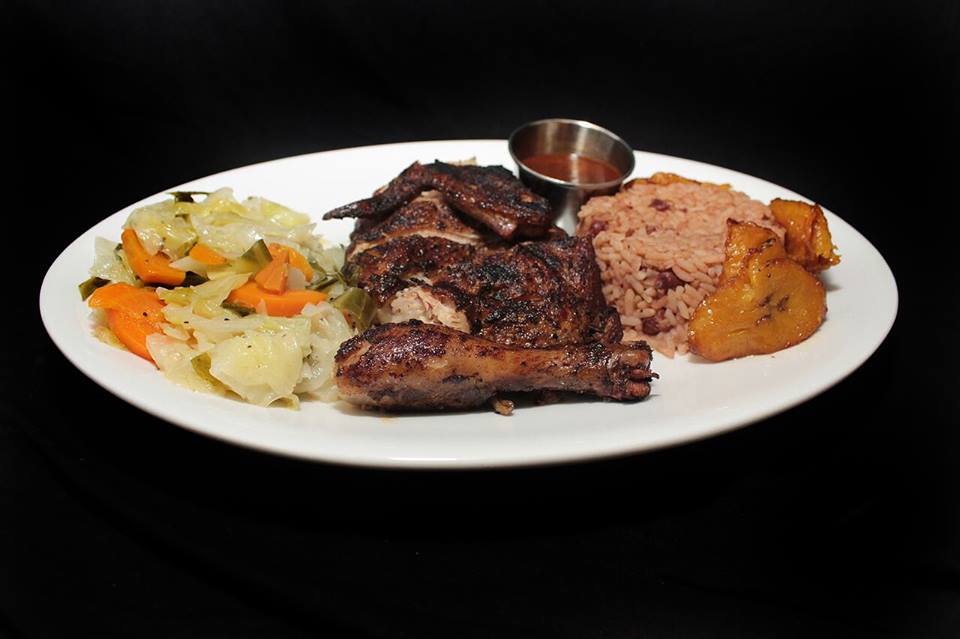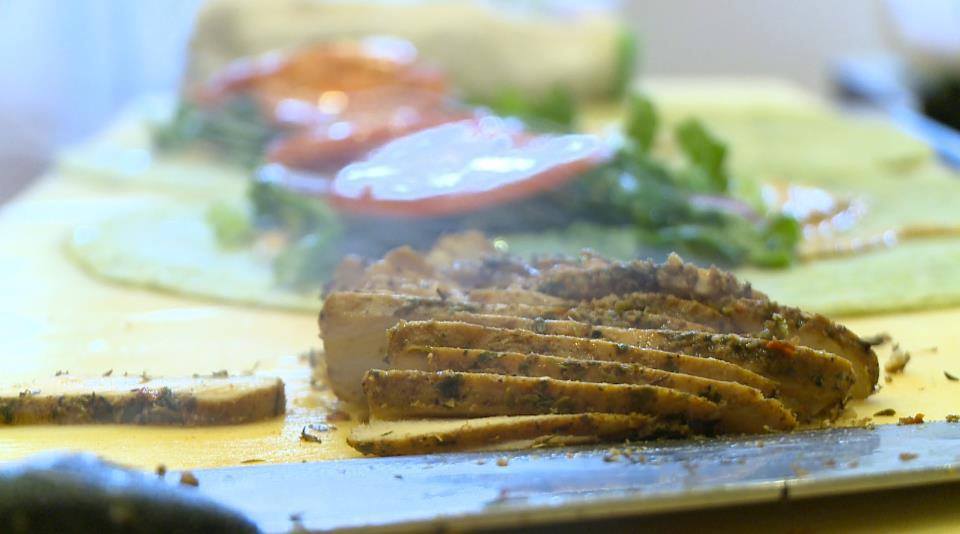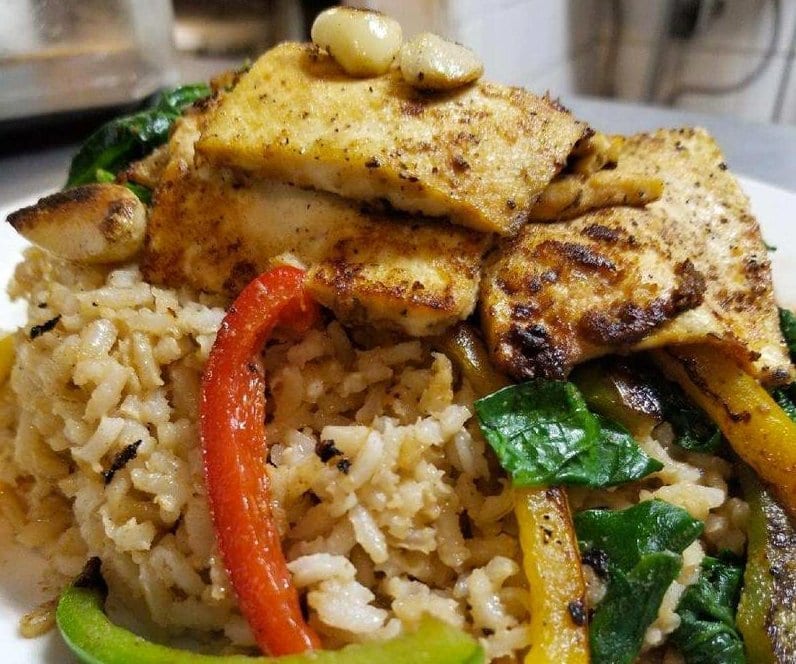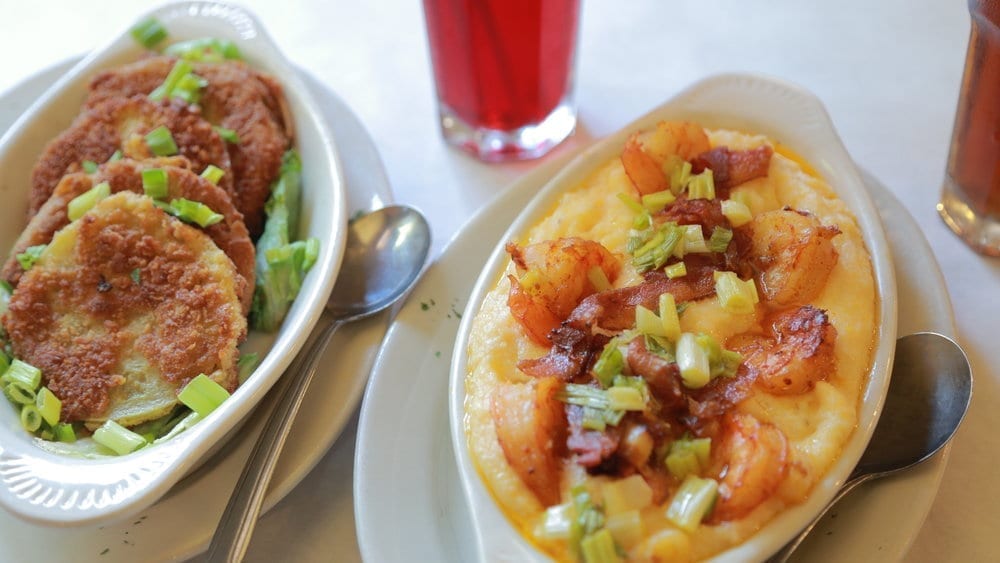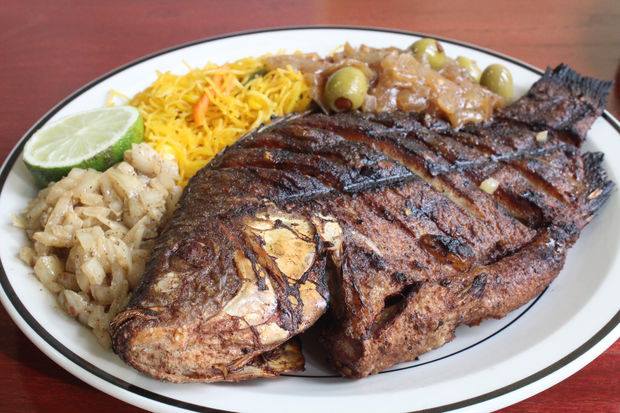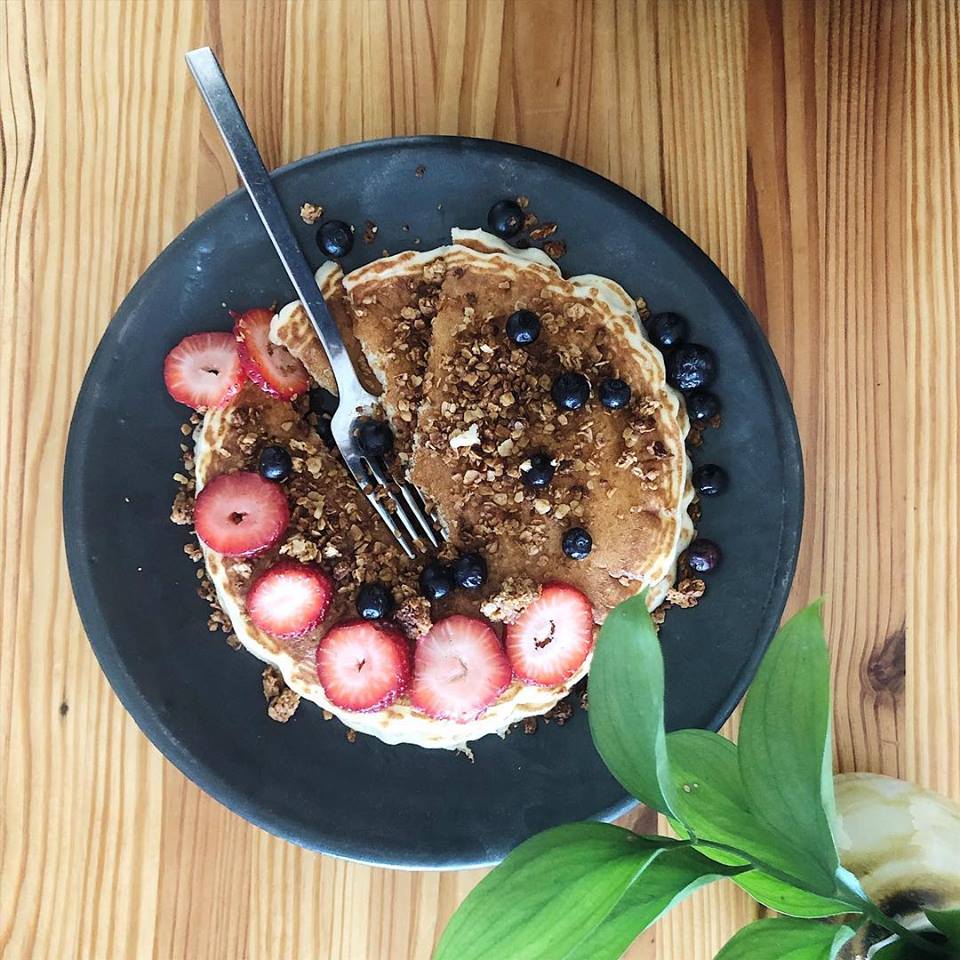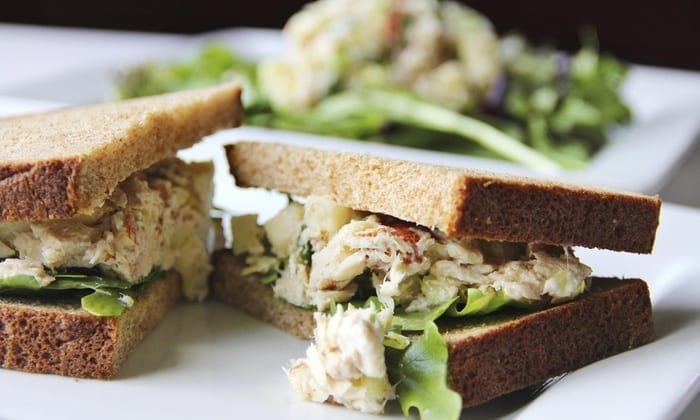The Black Women in Food Initiative by Dine Diaspora is a movement that seeks to bring visibility and support to Black women in the food and beverage industry.
Co-Founded by Nina Duro, the initiative has gained traction in recent years, as more and more people recognize the importance of promoting equity and diversity in the culinary world.
In this interview, we caught up with Nina to learn more about her journey, and the impact of the Black Women in Food Initiative.

Can you tell us about your background and how you became interested in promoting African diaspora food culture?
My gateway to the food industry came out of my social impact work. As I worked on social development issues with people around the world, one thing was always clear – that food is a connector. African diaspora food was always accessible to me, however, it wasn’t for many people around me, so I sought to focus on the cuisines that were central to my own journey and share that with others through working with chefs, entrepreneurs, and so many others at the forefront of shaping Black food stories globally.

What inspired you to start Dine Diaspora, and what are the goals of the platform?
The inspiration to start Dine Diaspora started with one dinner. The dinner centered the stories of a Black chef using food to lead attendees on an adventure and it was a hit. After that, my co-founder and I were hooked. We began to create more opportunities that would enable more people to engage and learn about African diaspora food and culture. This has evolved over time as we broadened our services to impact different areas of the food system.

How do you work with culinary creatives and brands to promote African diaspora food culture in new and existing markets?
I work with chefs, bloggers, and diverse food entrepreneurs across the food system on brand partnership opportunities and also produce events and experiences that enable them to advance their careers. From cookbook launches to social media campaigns, our team is able to collaborate with talented creatives from the African diaspora to tell fascinating stories of heritage, innovation, and culture through food.
Our recent work on the Recipes for Peace campaign for the World Food Program USA used food as a mechanism for calling on diaspora groups to take action on hunger. Projects like these keep me energized to use food to catalyze change in places where the conversation already exists or bring new ideas where it does not.

Can you tell us about the Black Women in Food Awards?
The Black Women in Food Awards started as a way to celebrate the exceptional contributions of Black women in the global food system. Each year, we ask the public for nominations and have talented judges select winners who are announced in March during Women’s History Month.

This is the 6th year of the Awards with 186 total women honored since the inception of the awards. We invite winners to be part of a community to support one another in growing within their respective fields in the food industry.

Can you tell us about the upcoming Black Women in Food Summit?
The inaugural Black Women in Food Summit will gather Black women across the food industry along with other stakeholders that invest in their personal and professional growth. This event will bring women chefs, caterers, farmers, activists, journalists, consumer packaged goods creators, non-profit professionals, and so many more across the different areas of the food industry together to connect and build relationships to strengthen their work and impact. It’s time to break the silos within the food and beverage industry and bring Black women together so that they can support one another to grow and contribute to a more equitable food system.

Why do you think it’s important to specifically focus on supporting black women in the food and beverage industry?
Black women face racism and sexism in the food industry that affects their professional growth and well-being. While this is a reality, it must change and by focusing on Black women’s needs, we are providing opportunities for the women at the forefront of the work to thrive with each other’s support. Through recognition, access to capital, and a strong network, we believe Black women will be able to advance their work and be seen, credited, and compensated fairly.

What future plans do you have for Dine Diaspora and the Black Women in Food initiative?
Access to capital is a key issue we continue to hear from Black women in the food and beverage industry. It’s also the issue I am eagerly working to address. We are building a fund to support Black women-owned restaurants and consumer packaged goods creators.
This year we will provide grants to these women through support from Uber Eats which will be announced in the summer. In addition, we plan to start a platform where these women can regularly communicate and strengthen their connections virtually.
by Tony O. Lawson
REGISTER HERE TO ATTEND
Saturday, April 22nd at 11:00am
Eaton DC – 1201 K Street Northwest Washington, DC

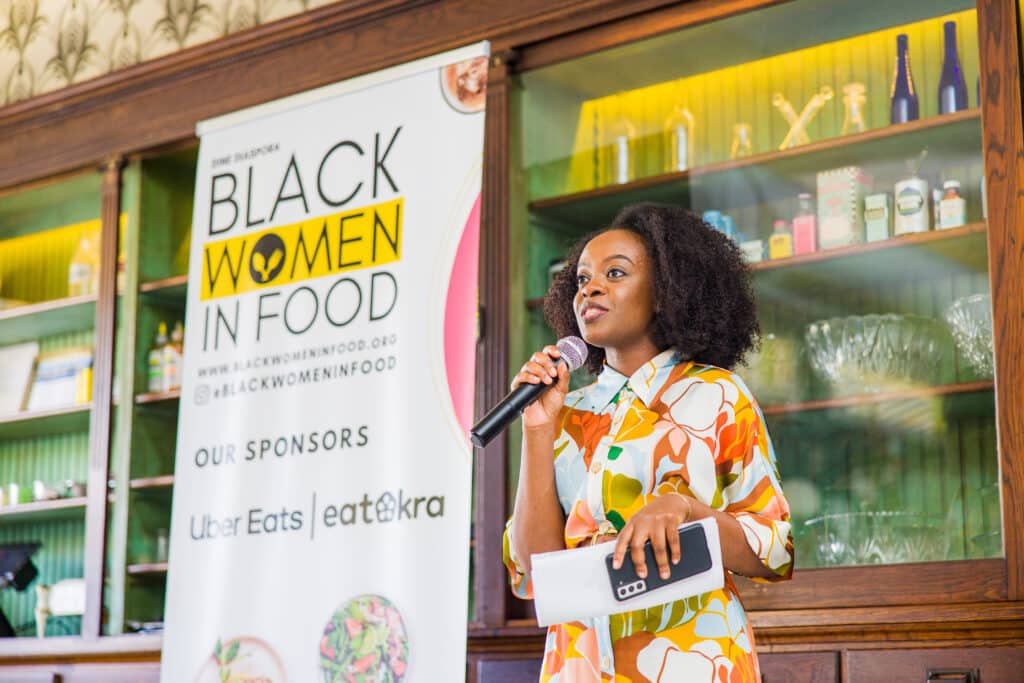










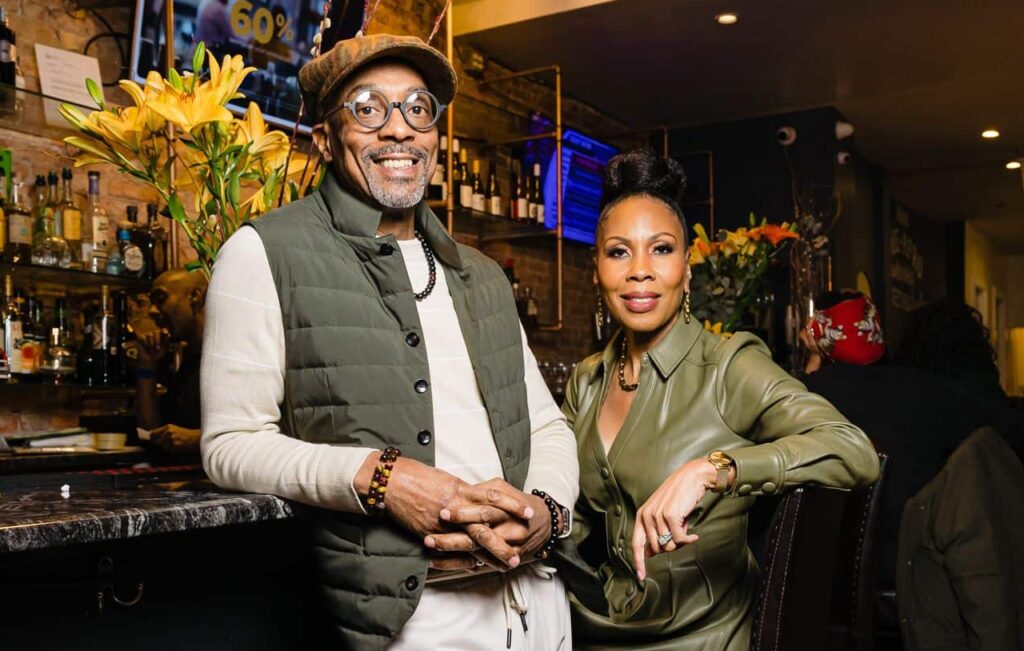

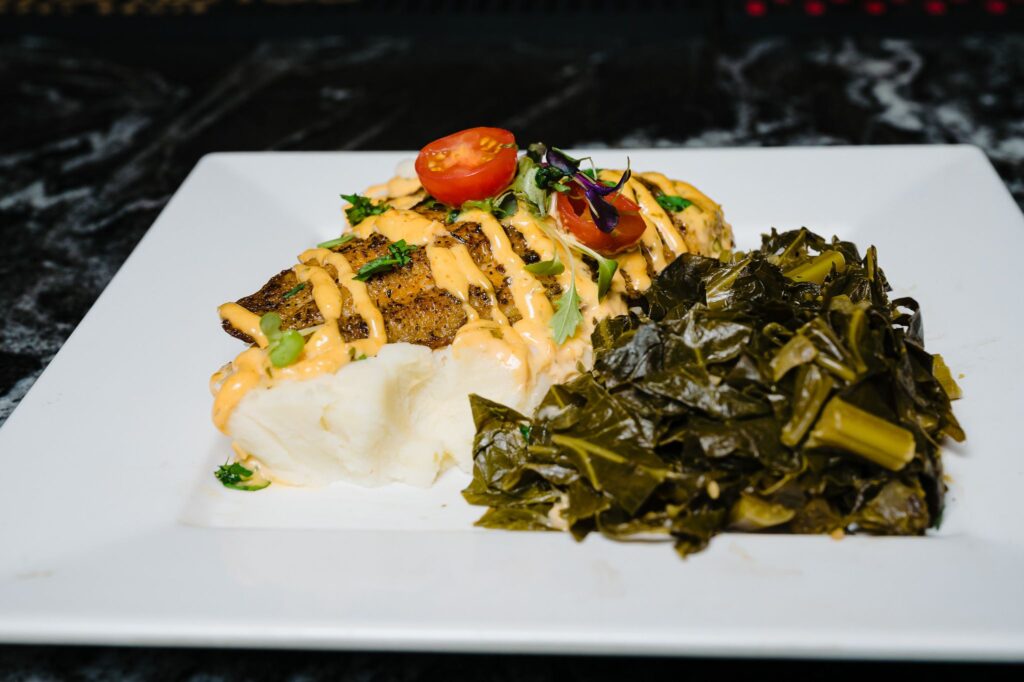









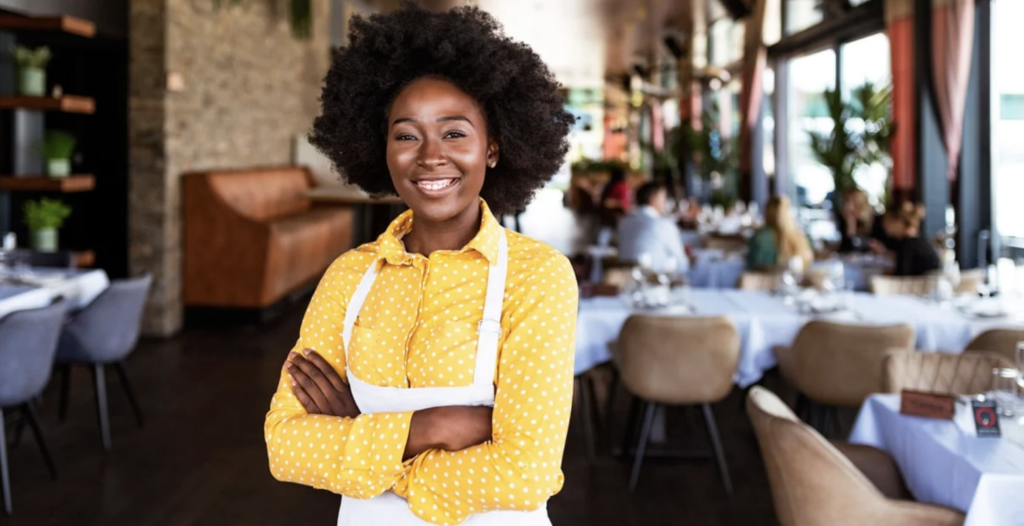








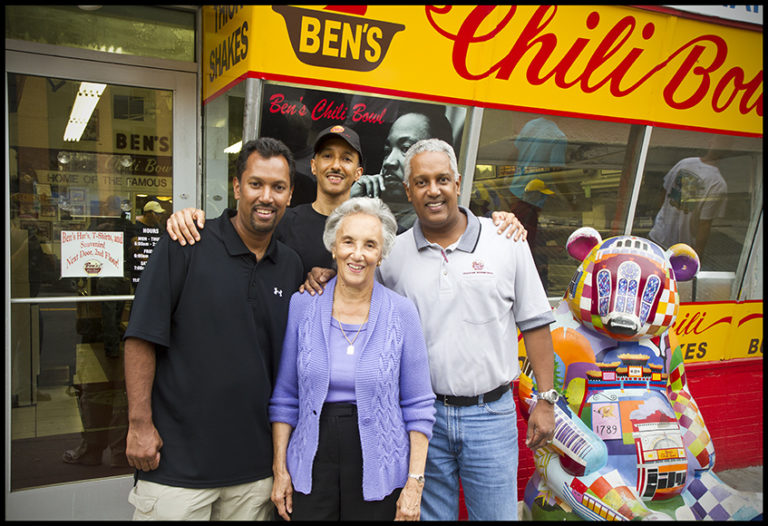
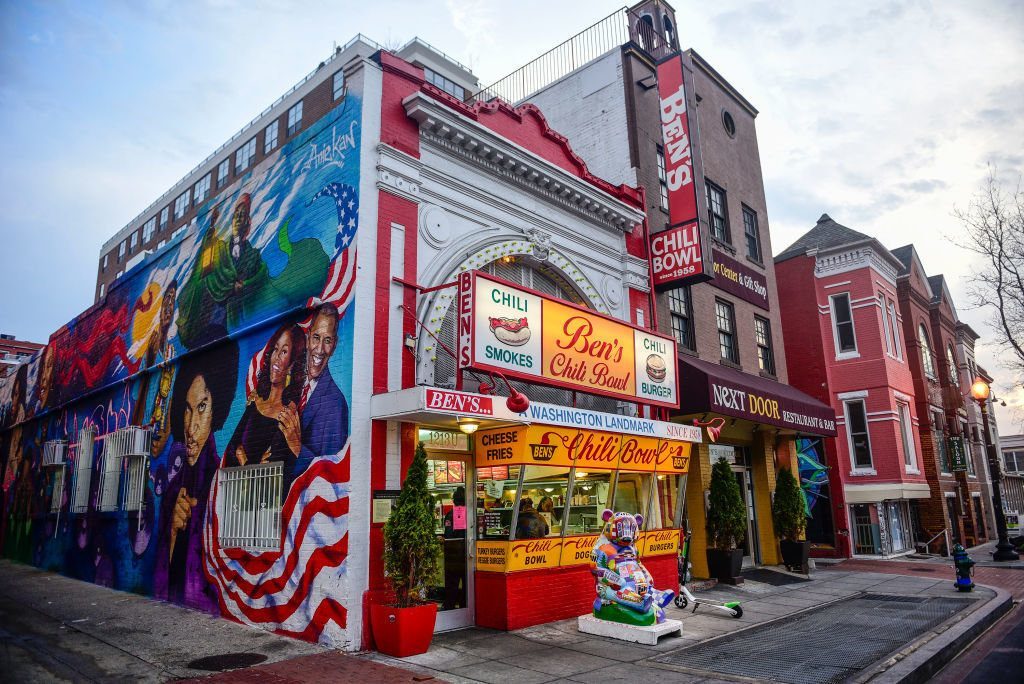







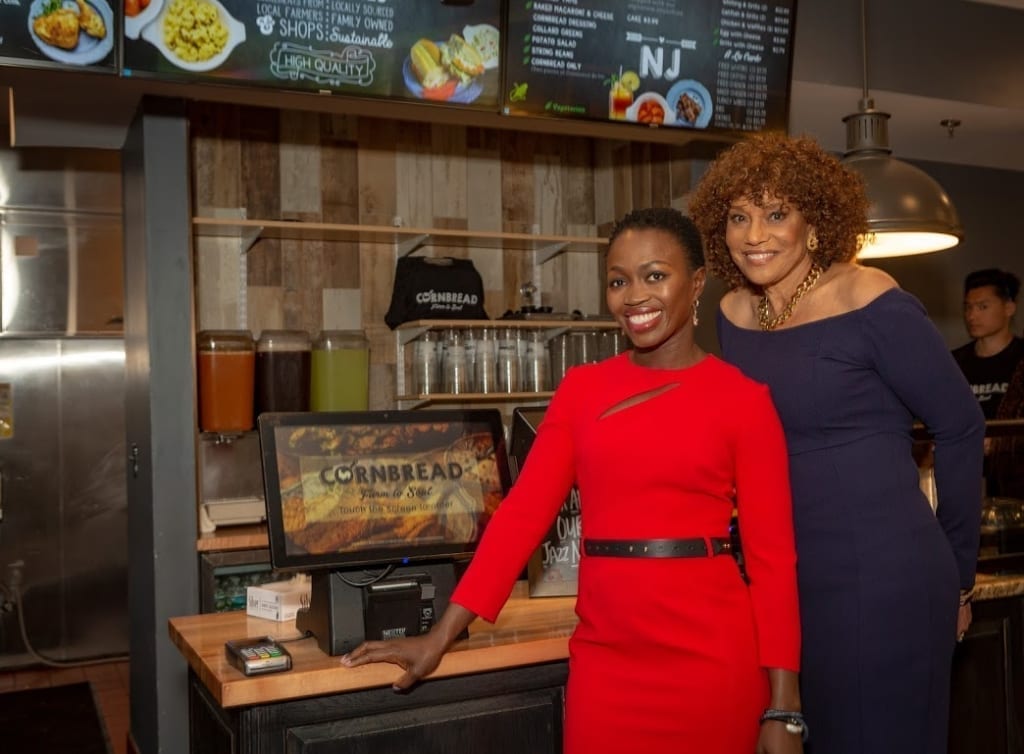
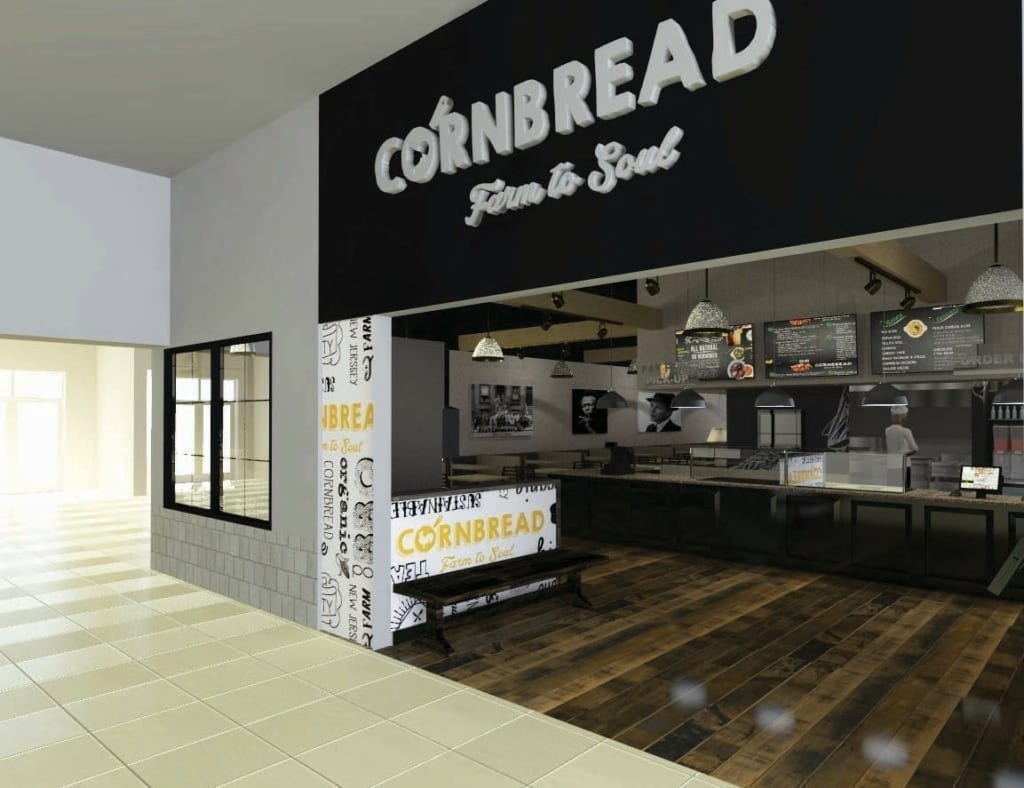
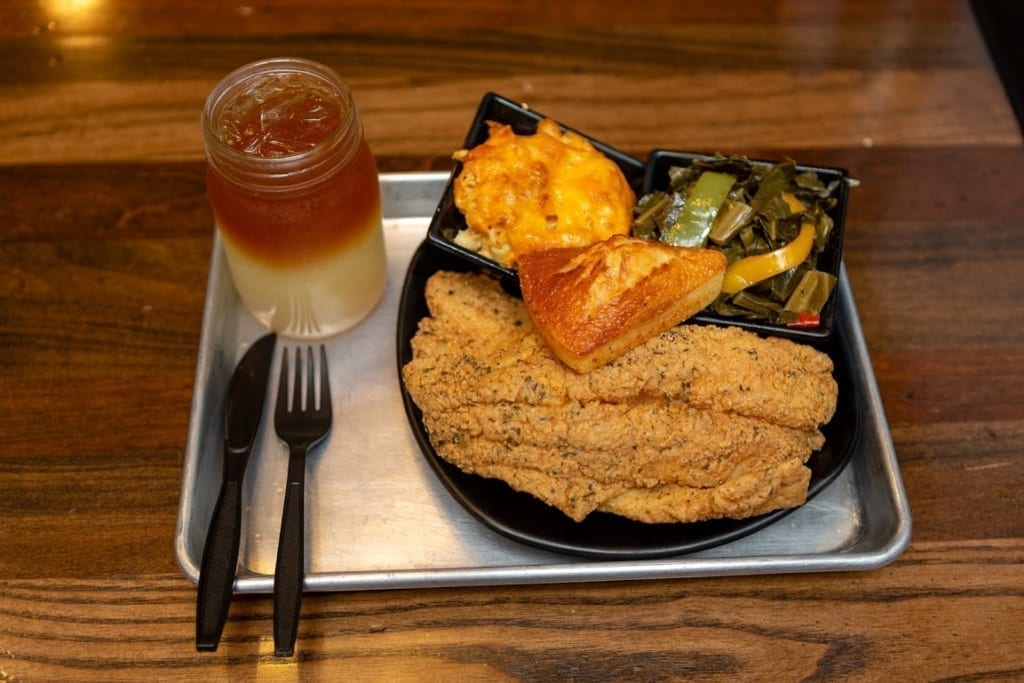





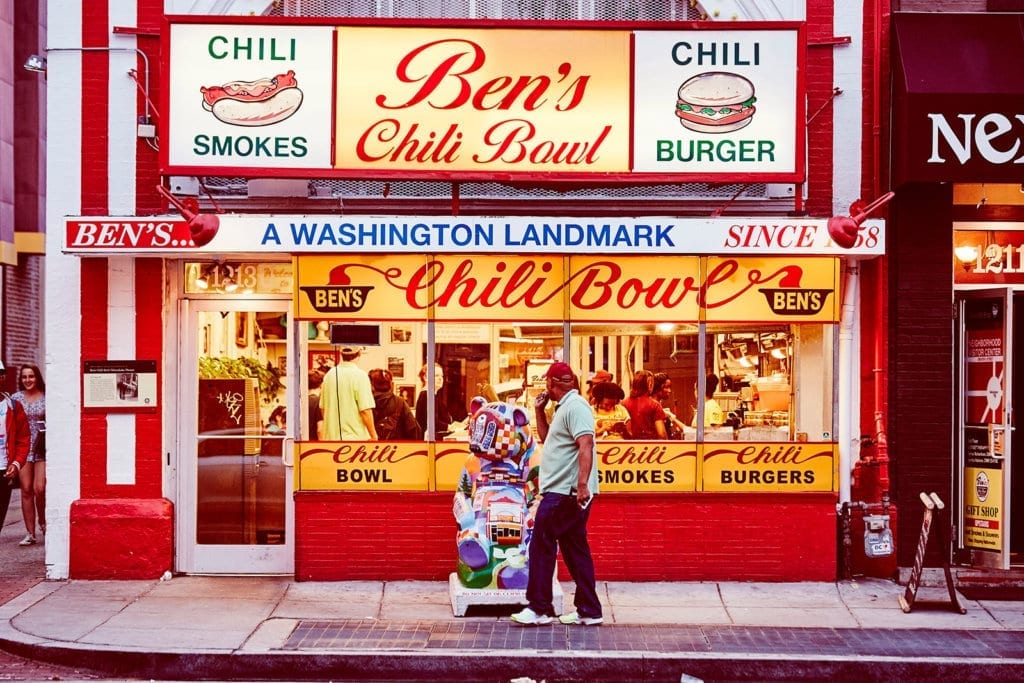
:no_upscale()/cdn.vox-cdn.com/uploads/chorus_asset/file/13443497/BRW_096.jpg)
:no_upscale()/cdn.vox-cdn.com/uploads/chorus_asset/file/13618249/1021352330.jpg.jpg)
:no_upscale()/cdn.vox-cdn.com/uploads/chorus_asset/file/13626107/Half_smokes.jpg)
:no_upscale()/cdn.vox-cdn.com/uploads/chorus_asset/file/13624108/941840940.jpg.jpg)

